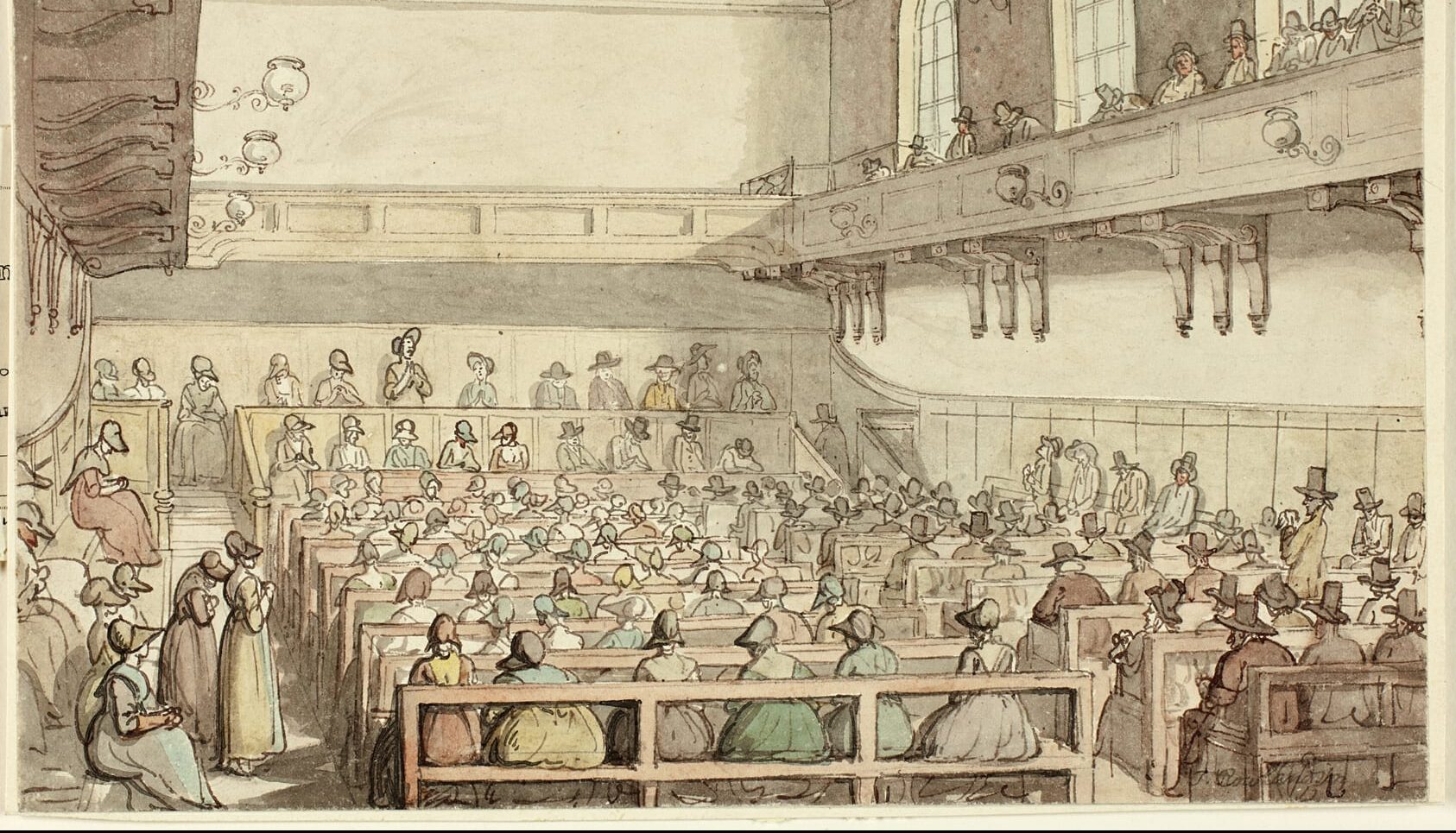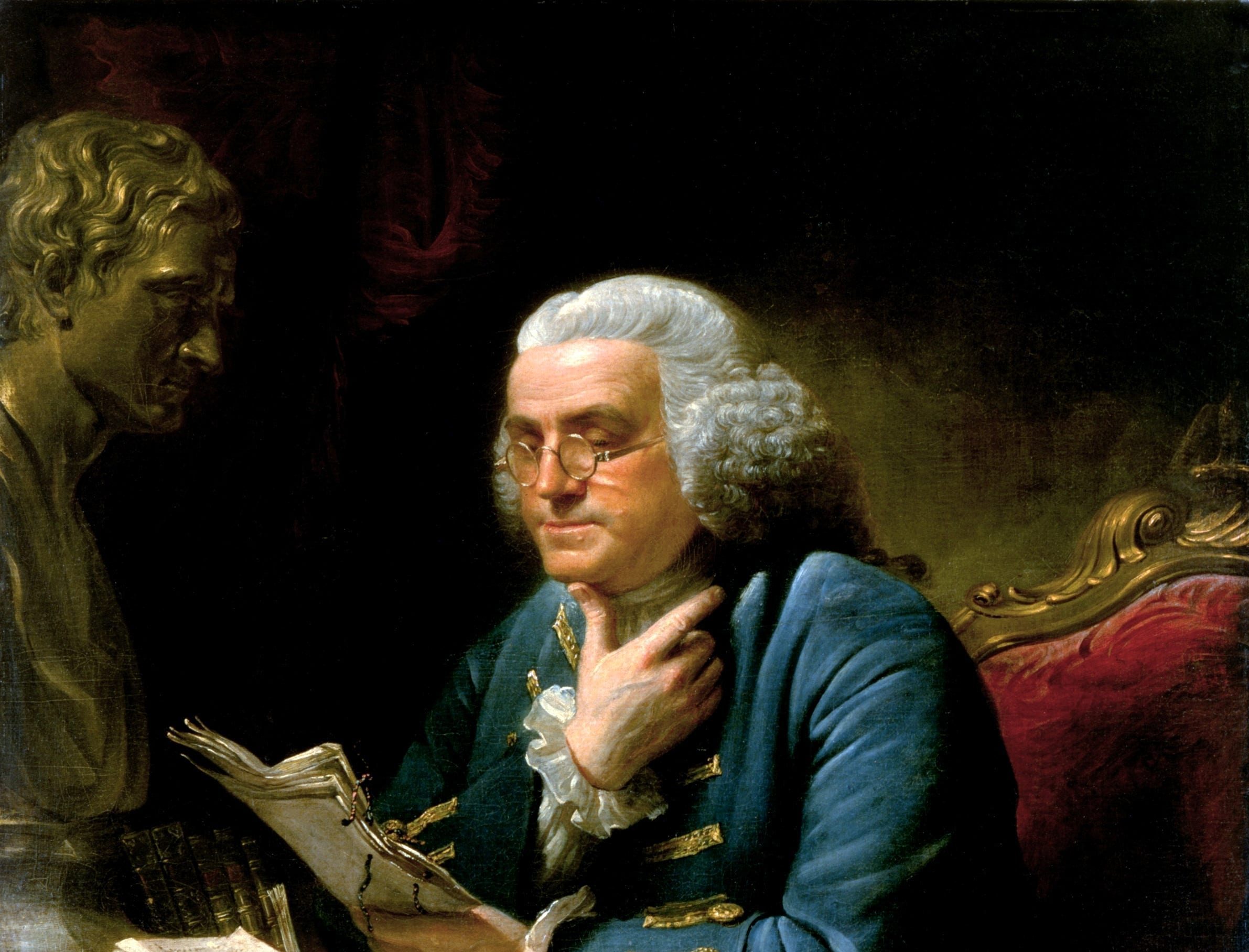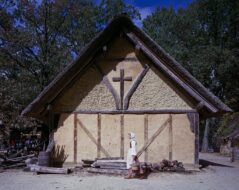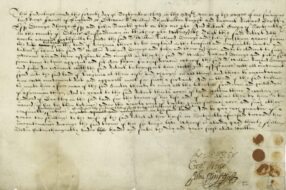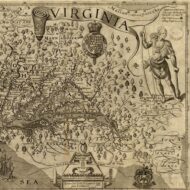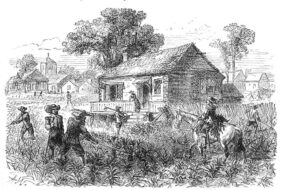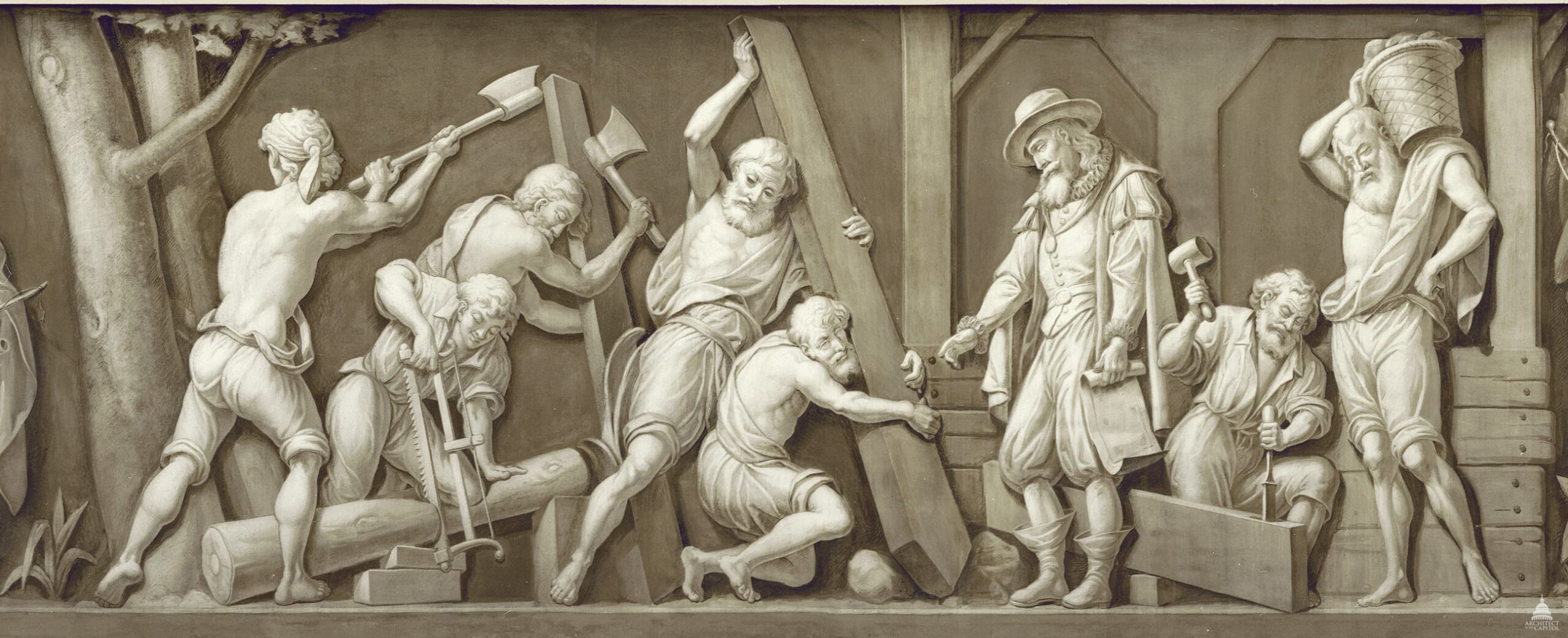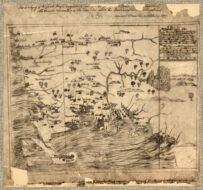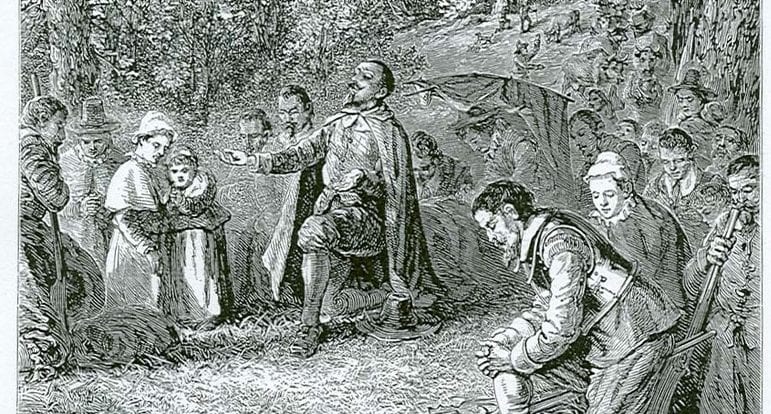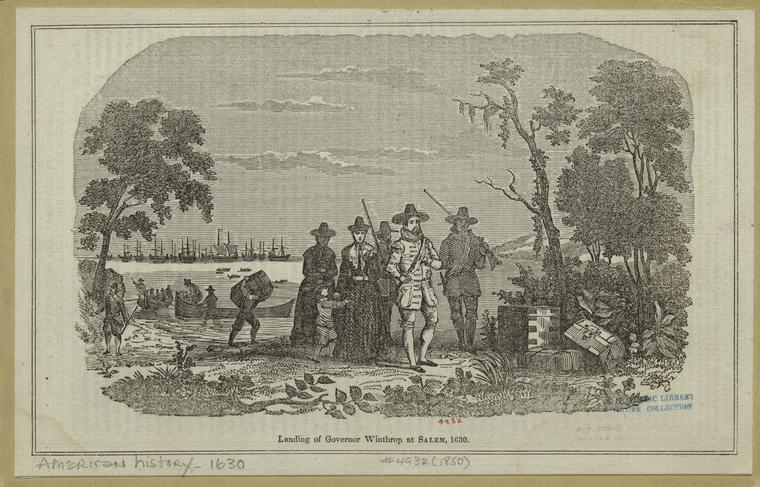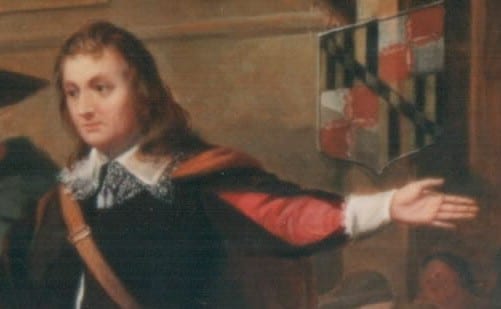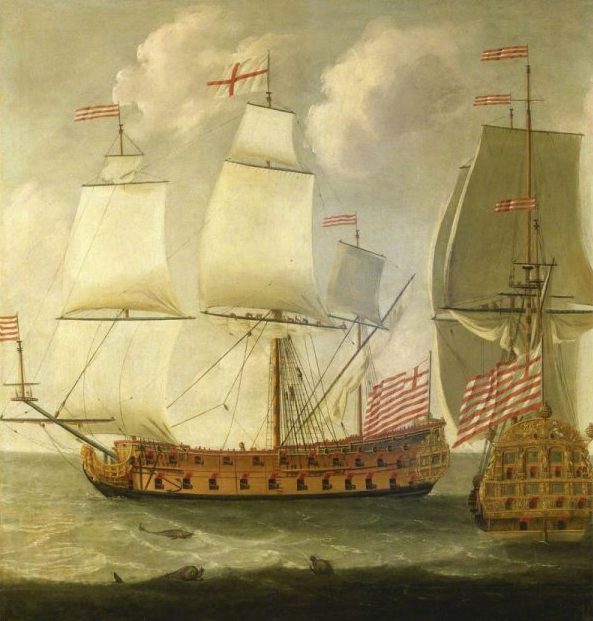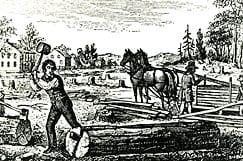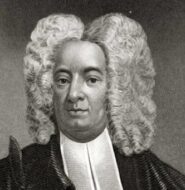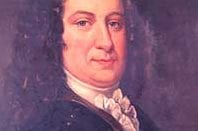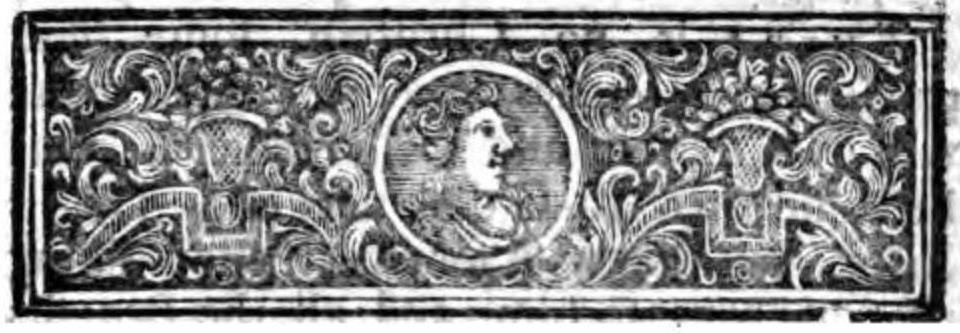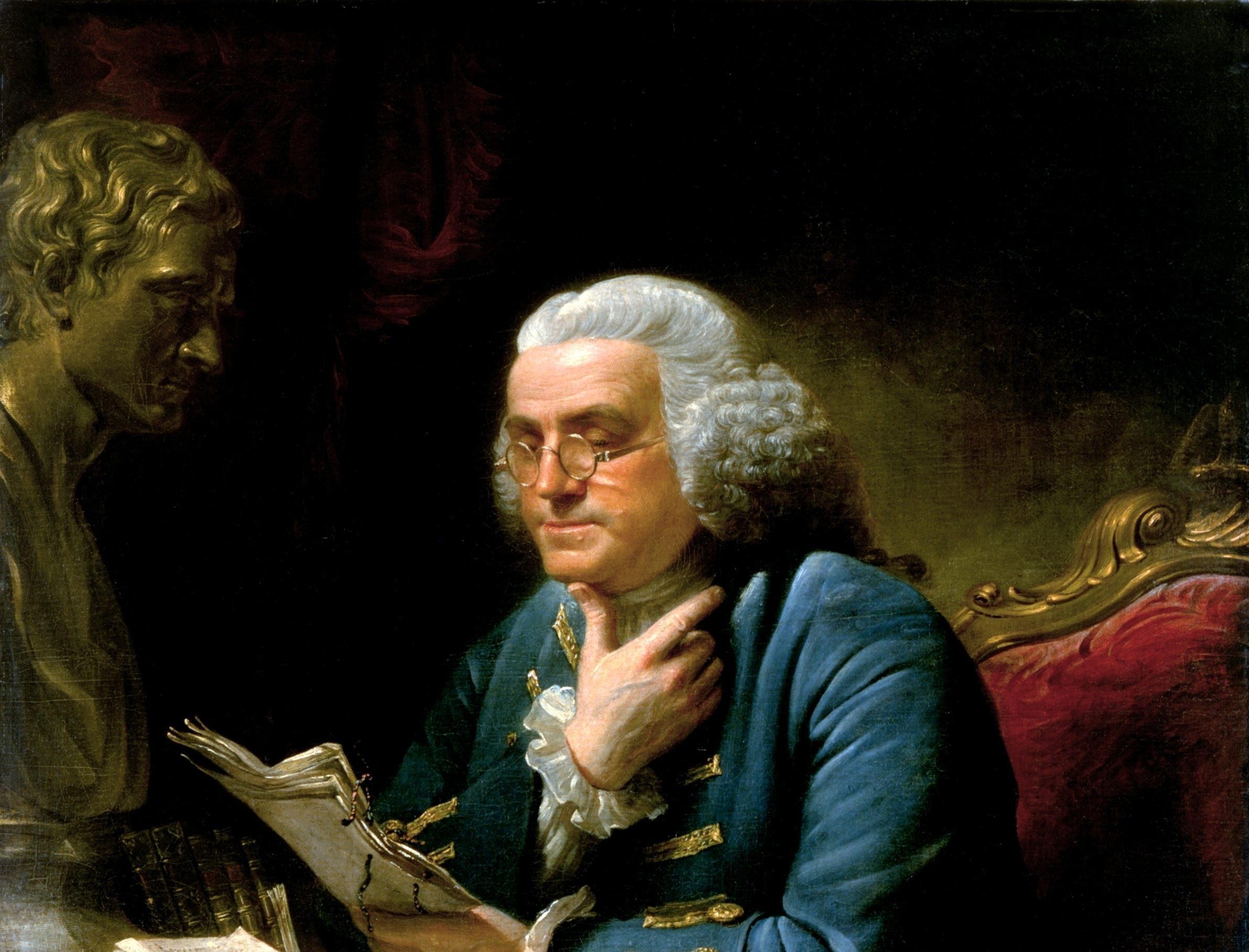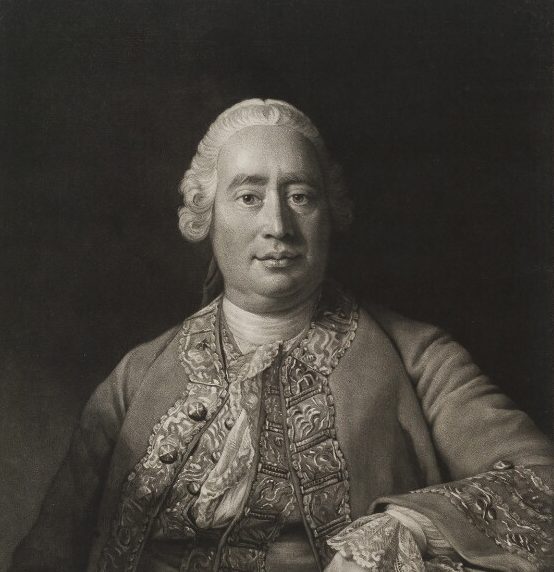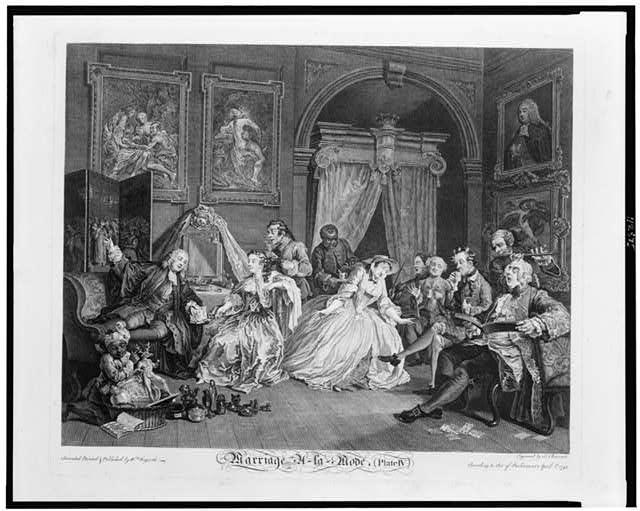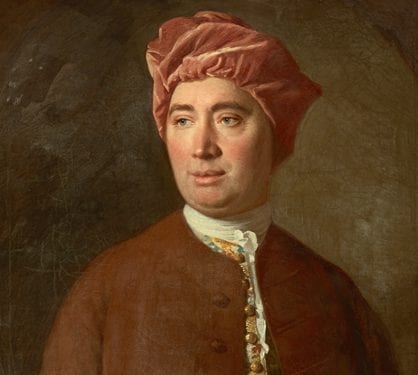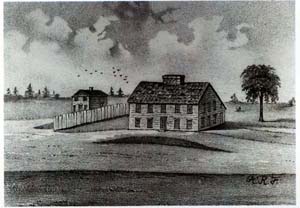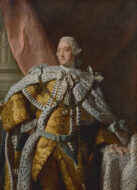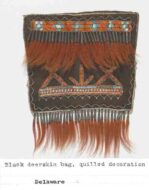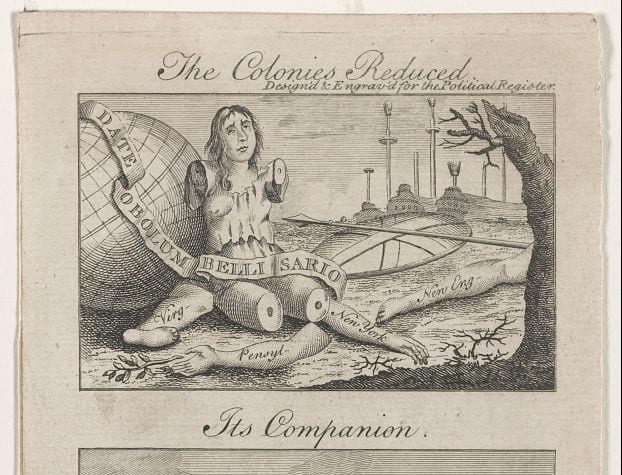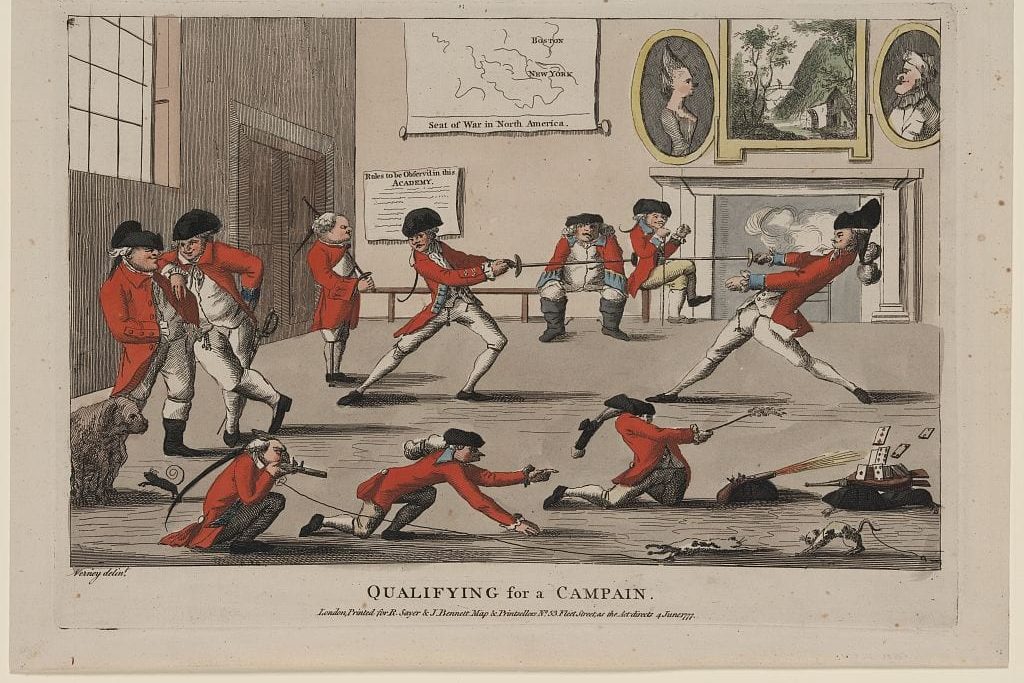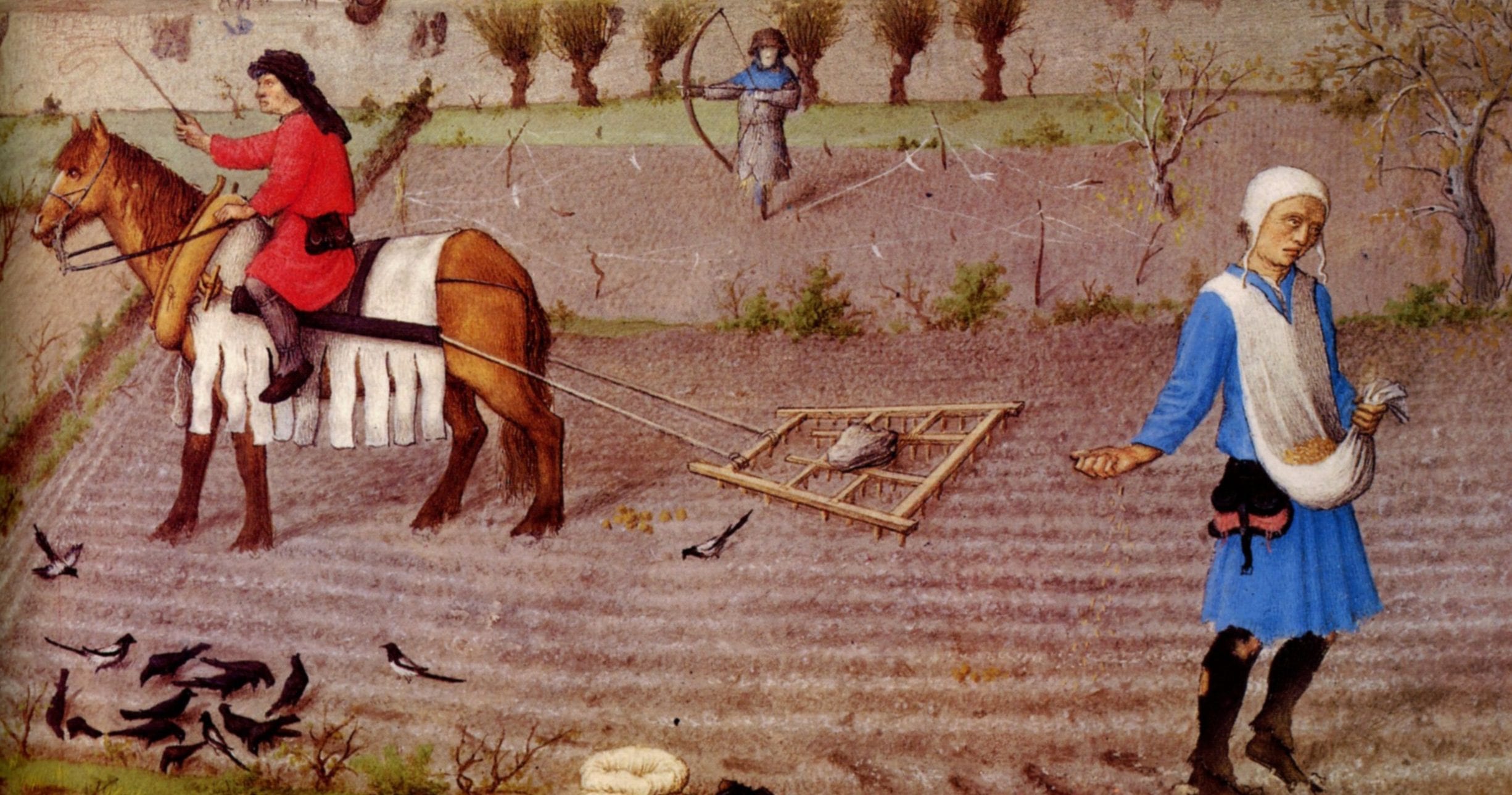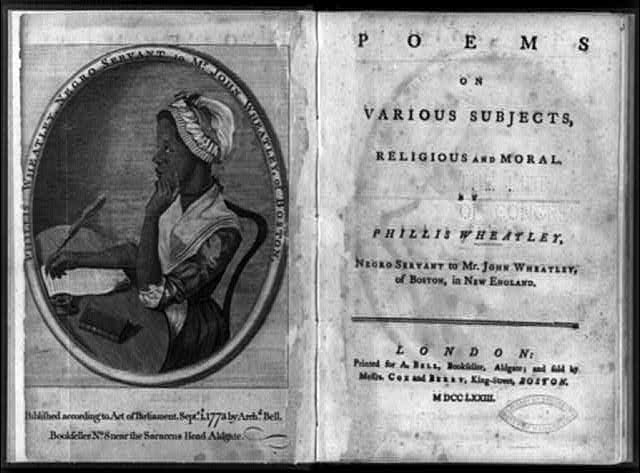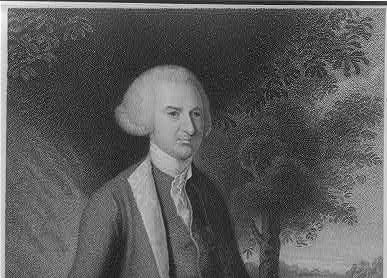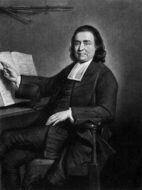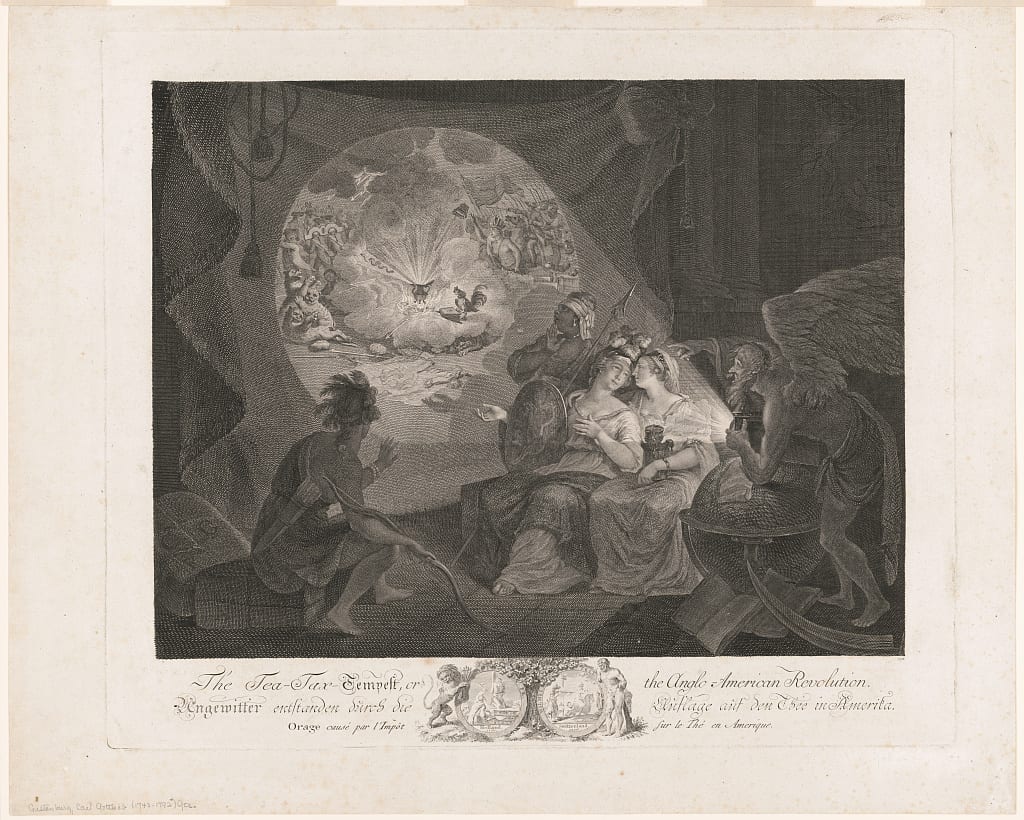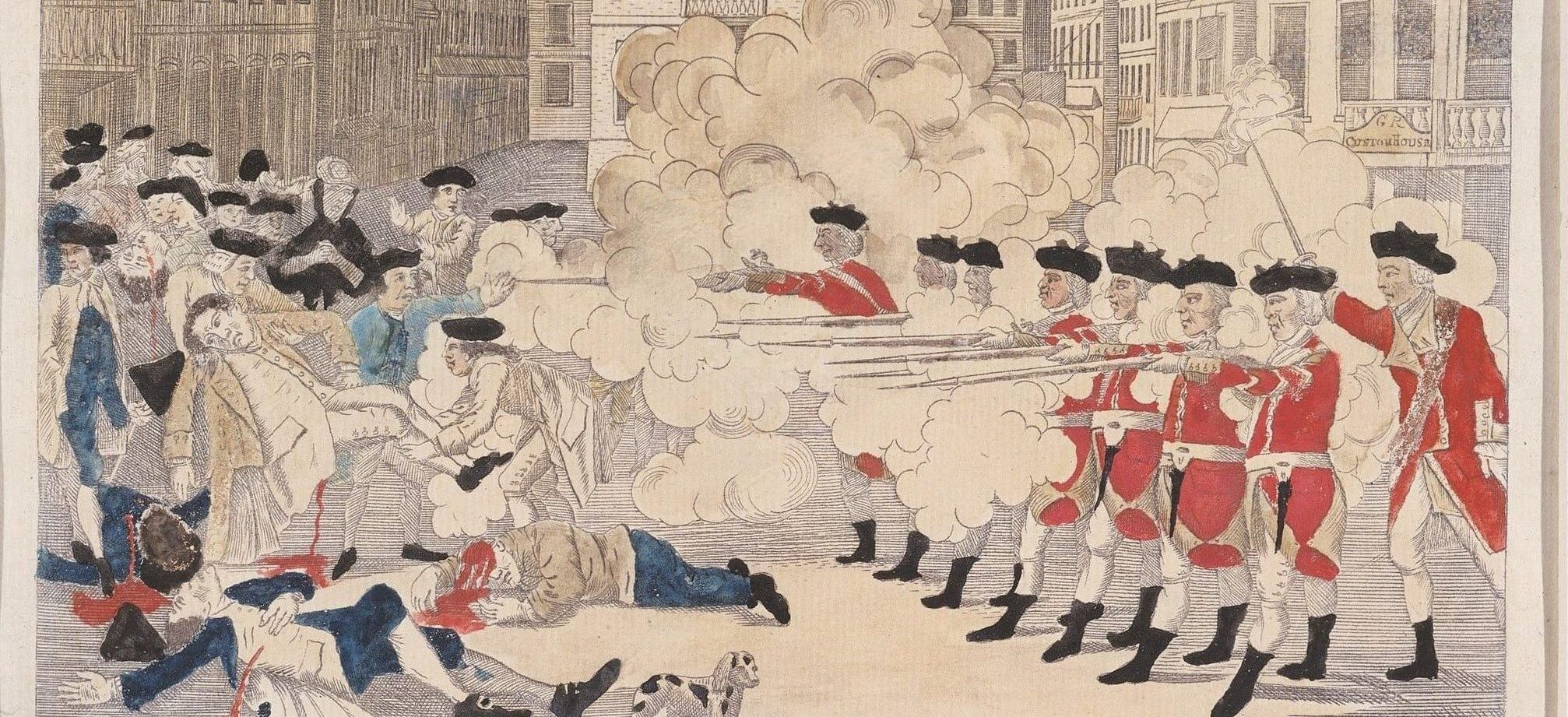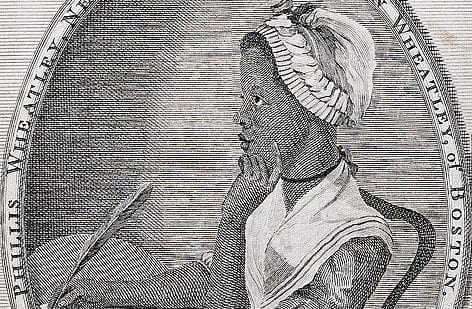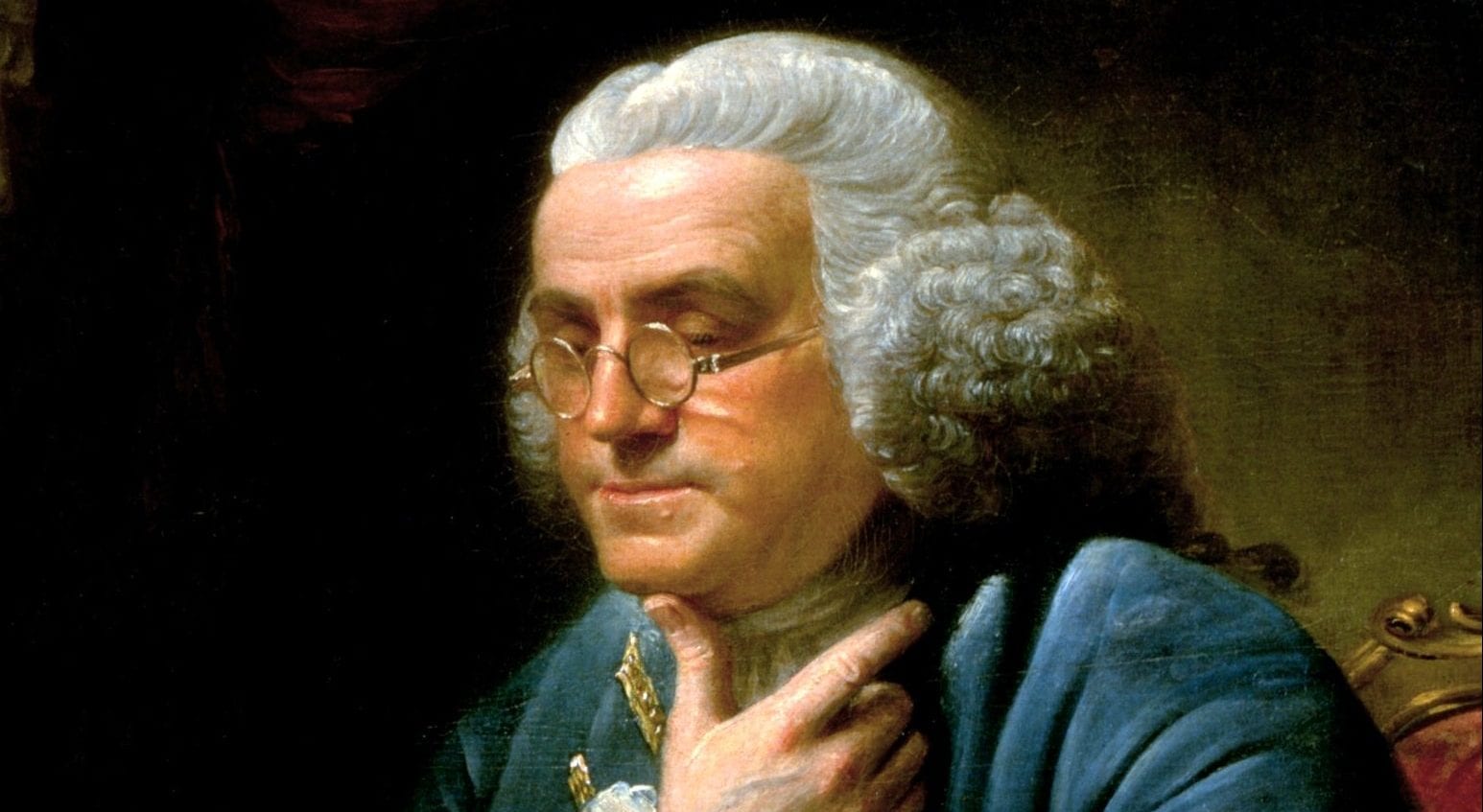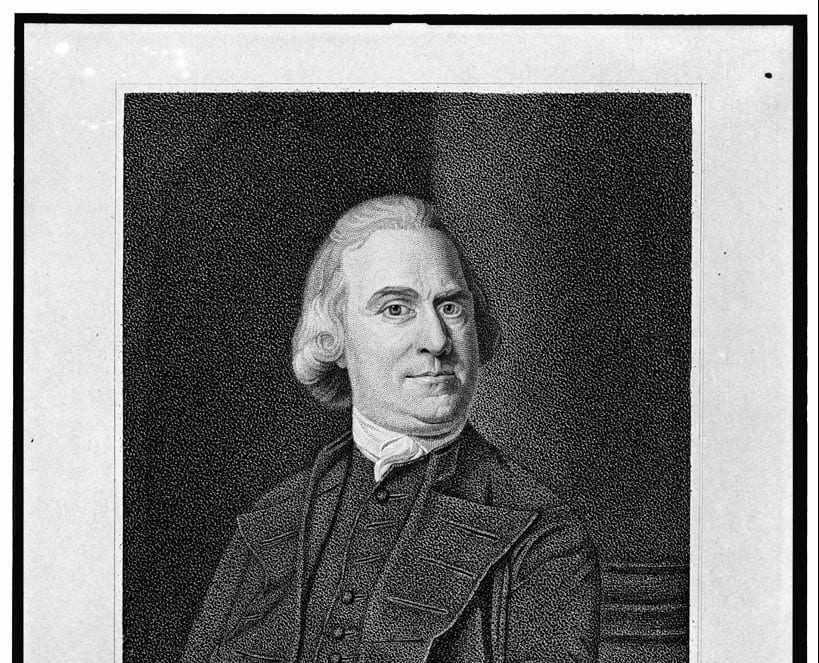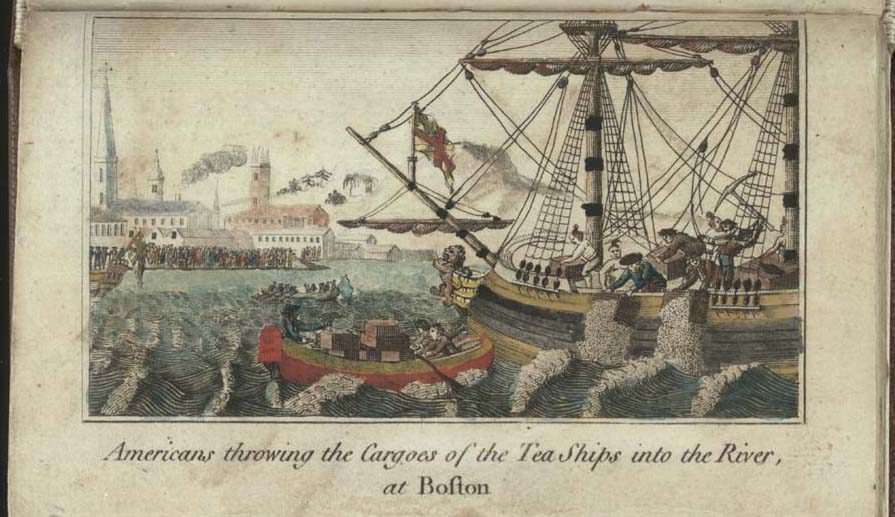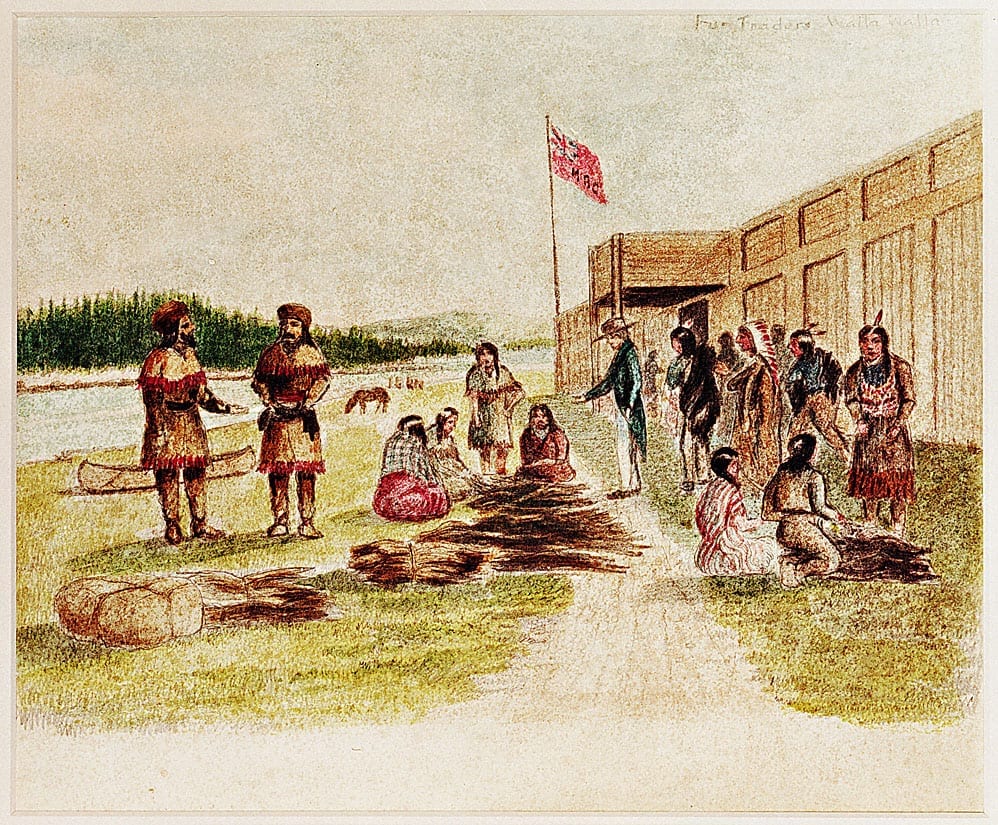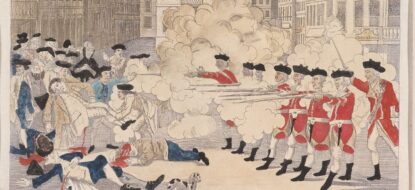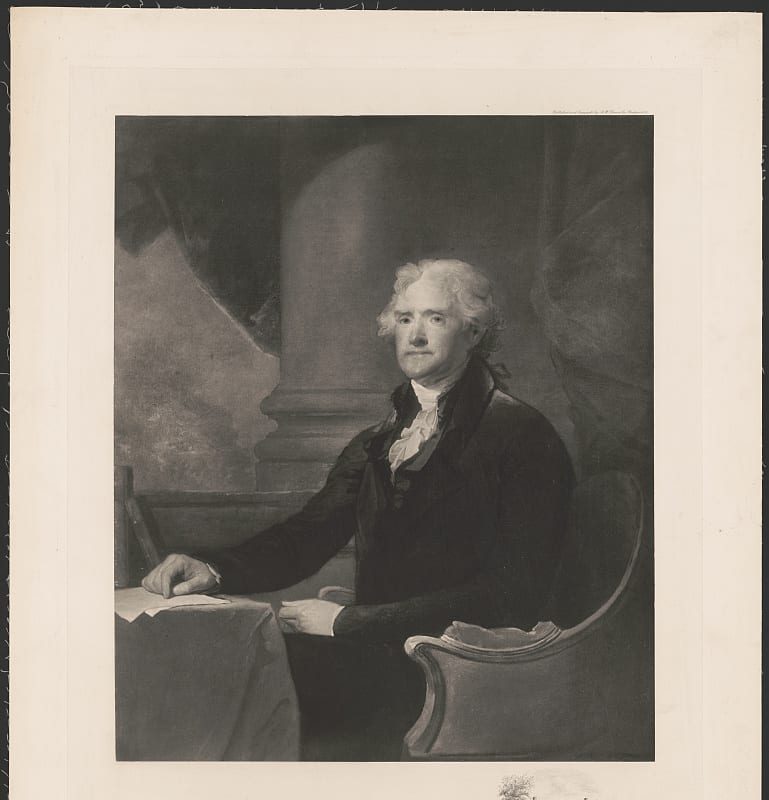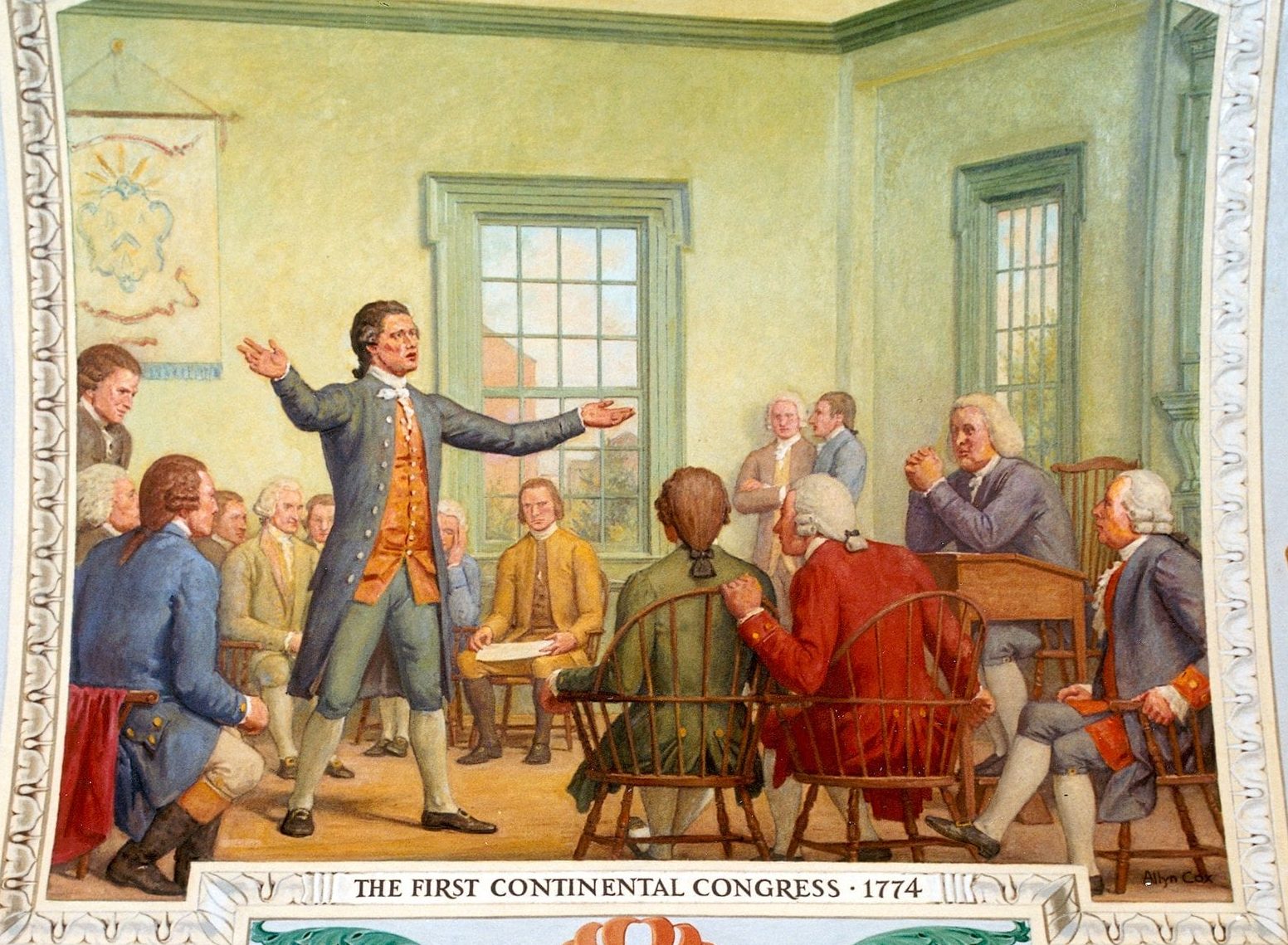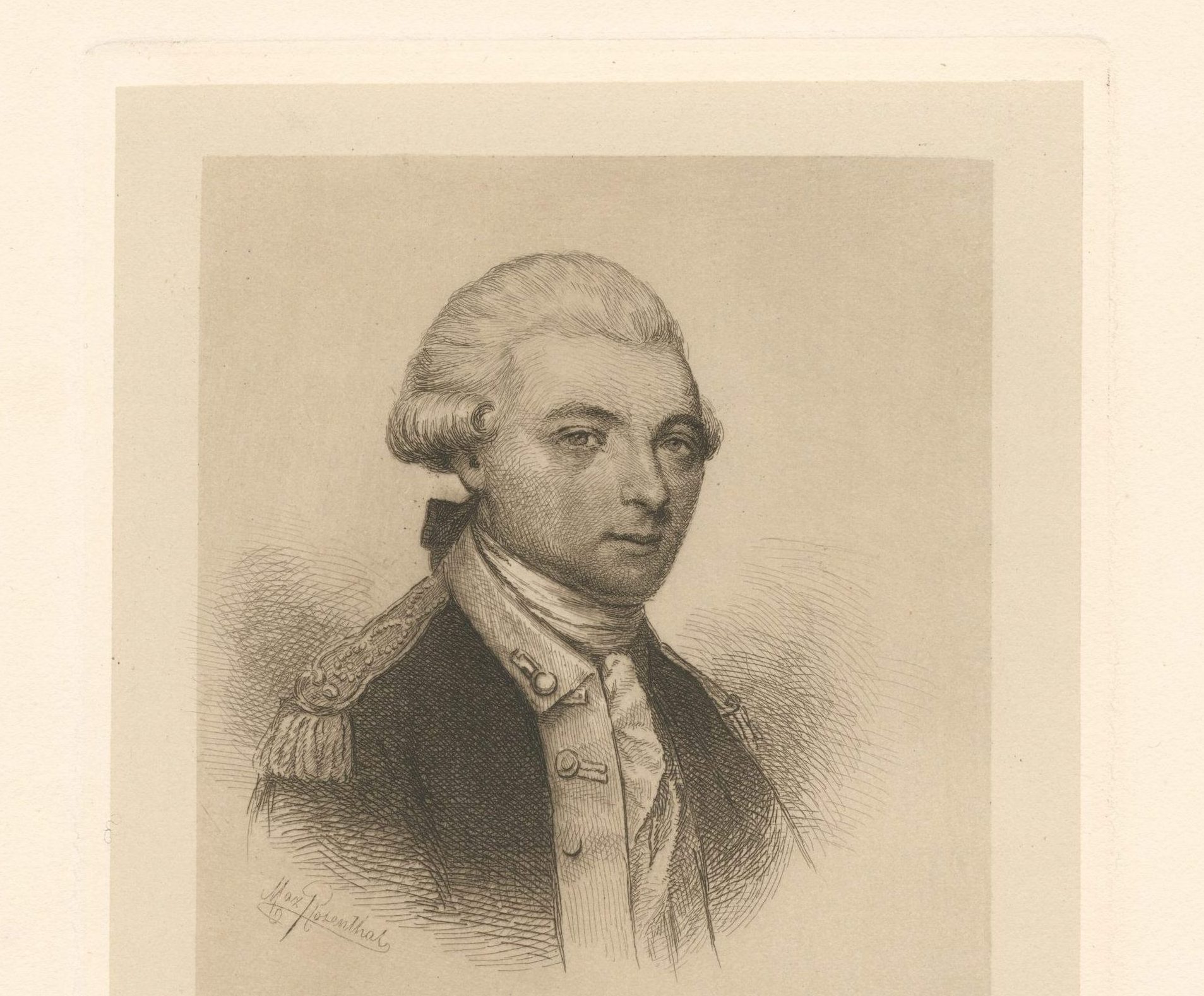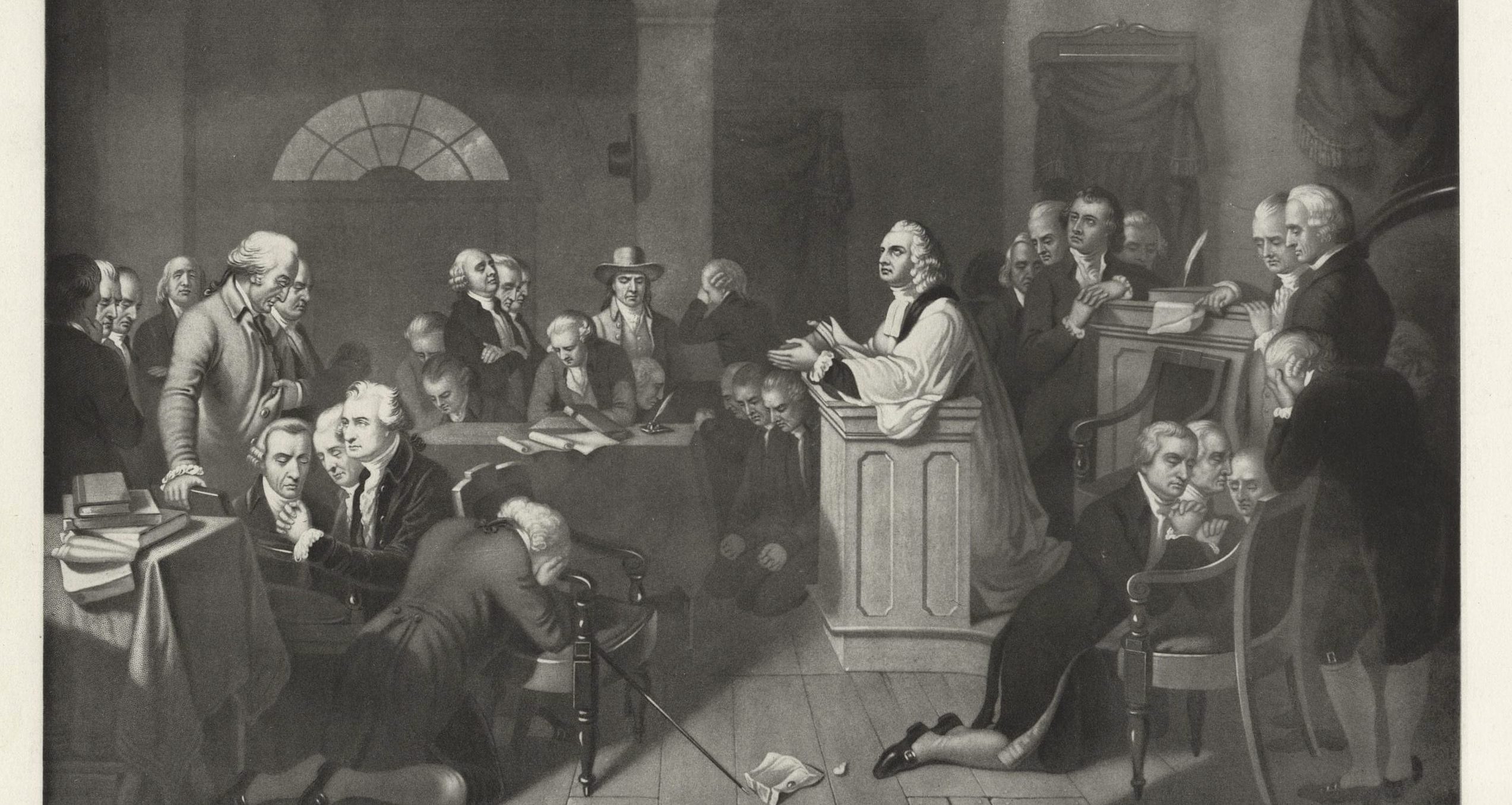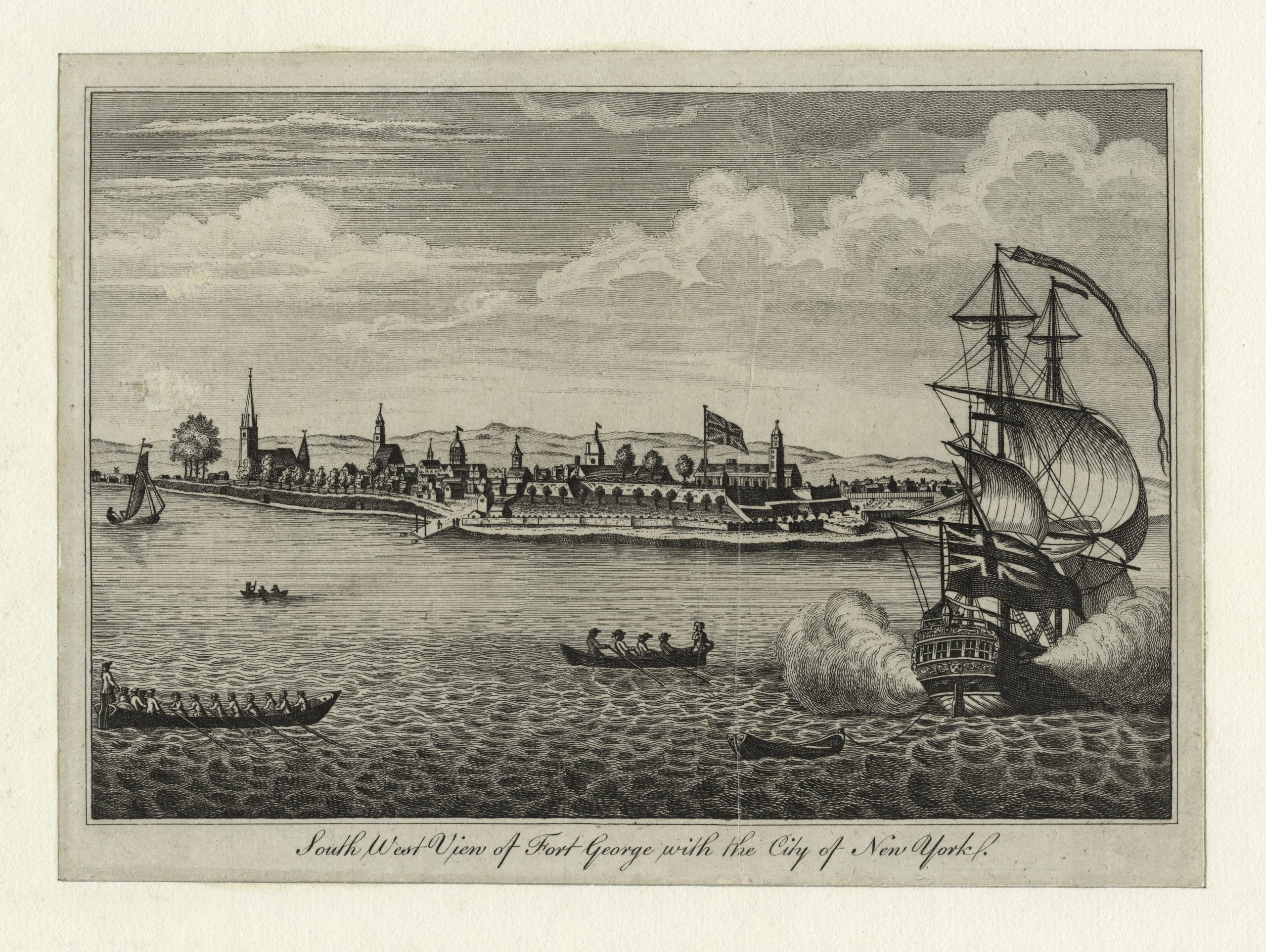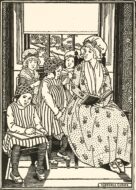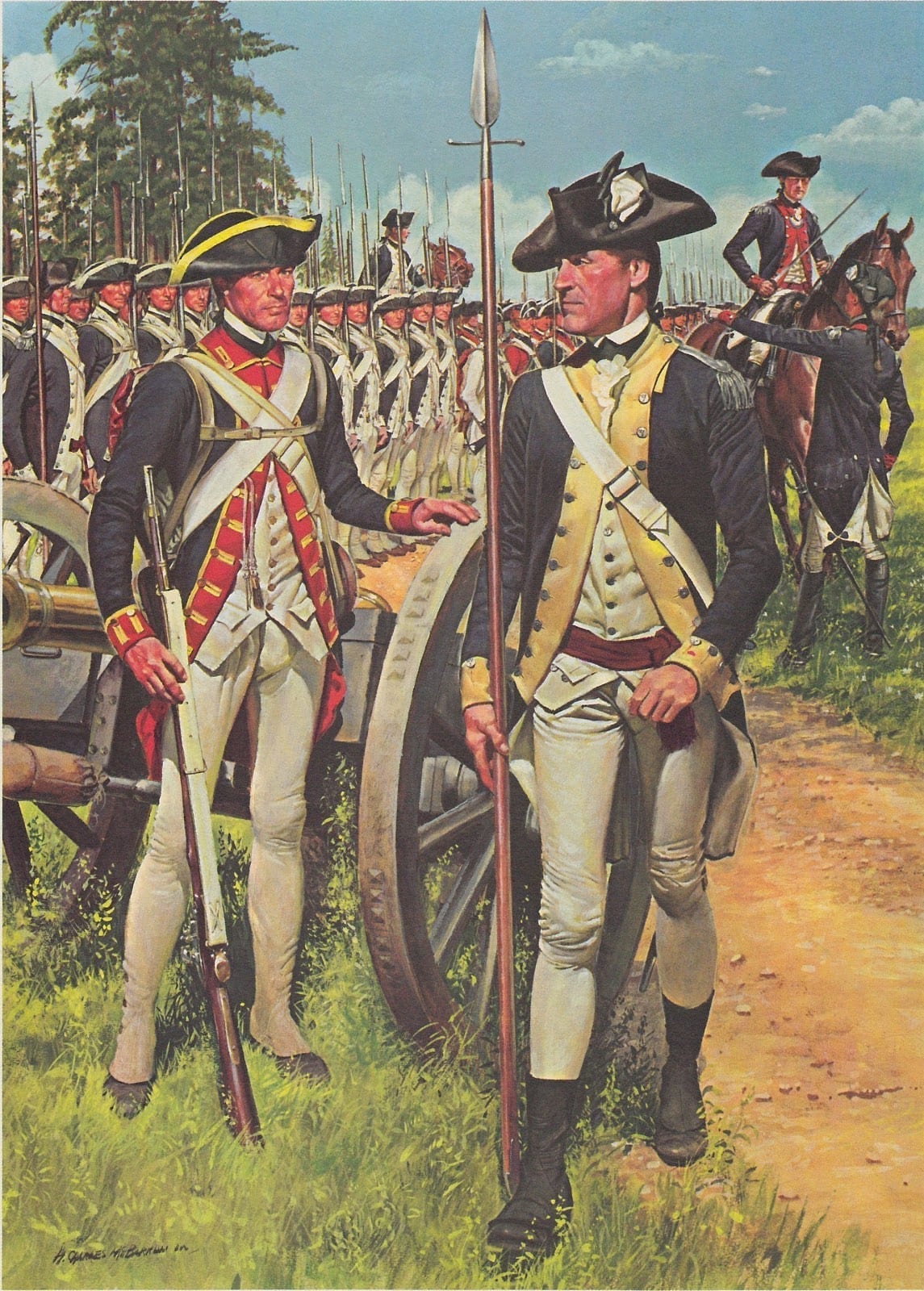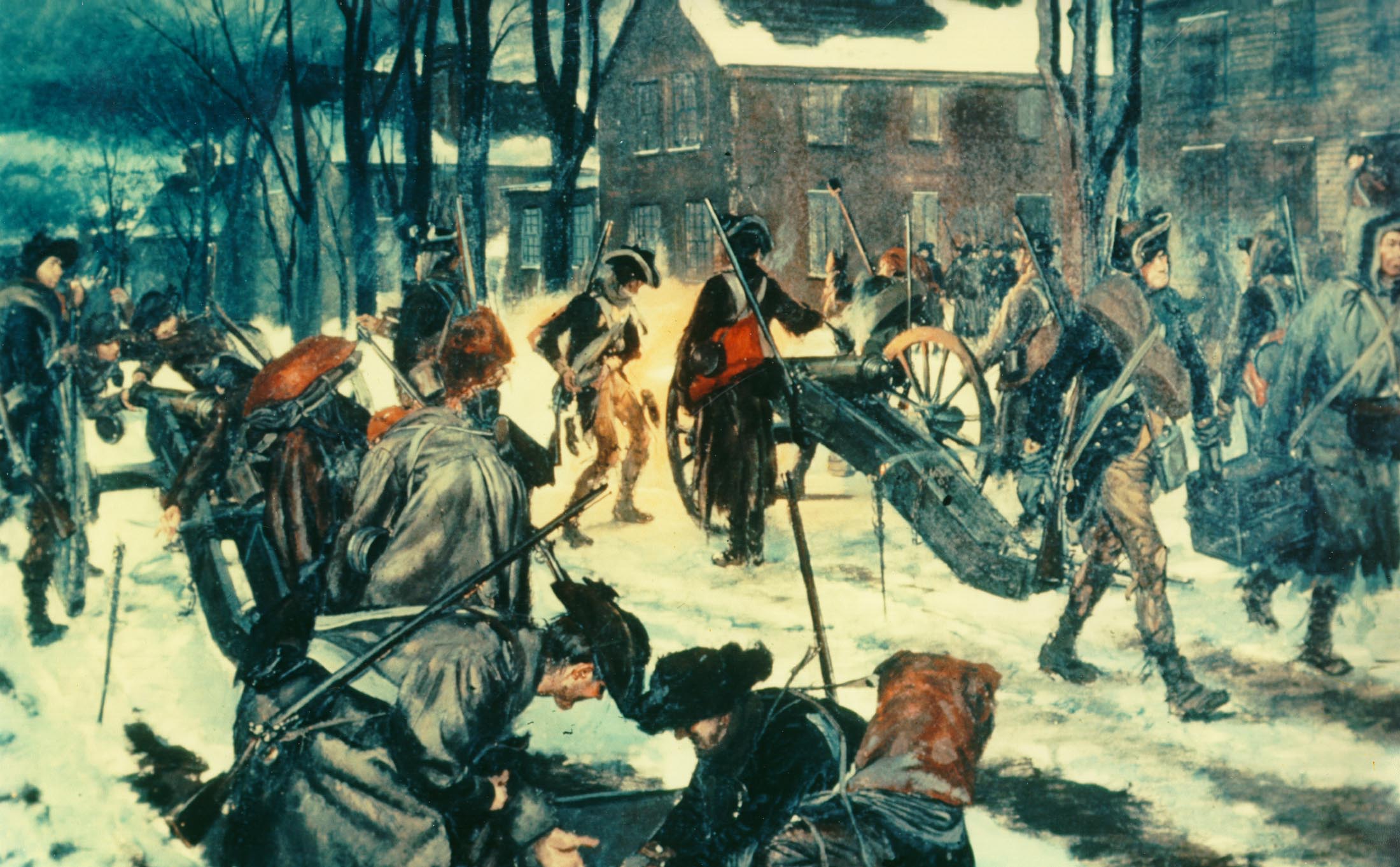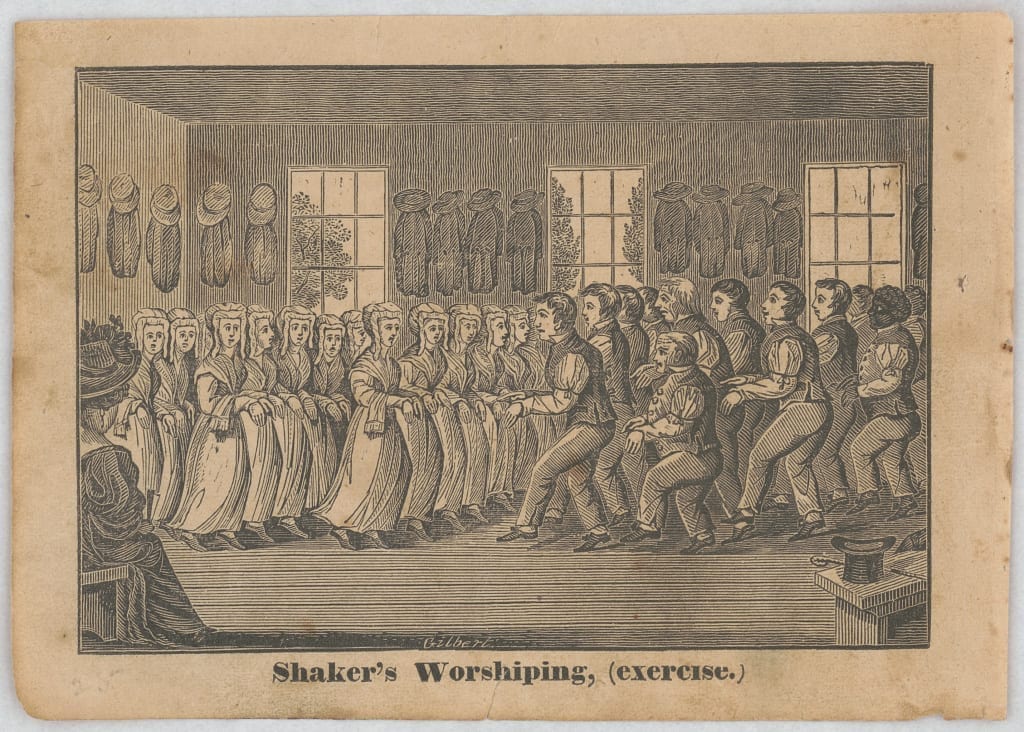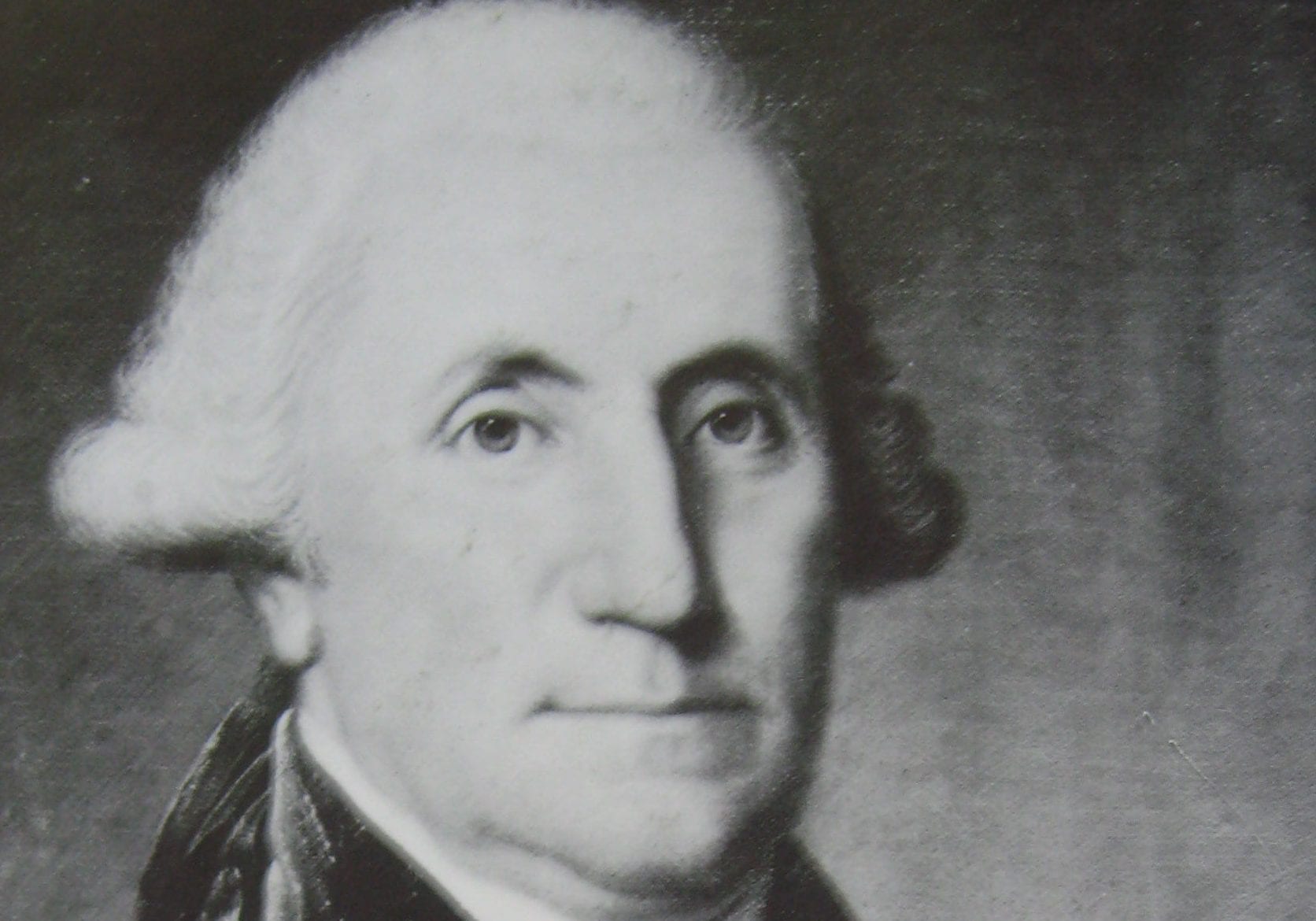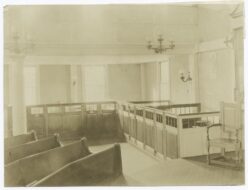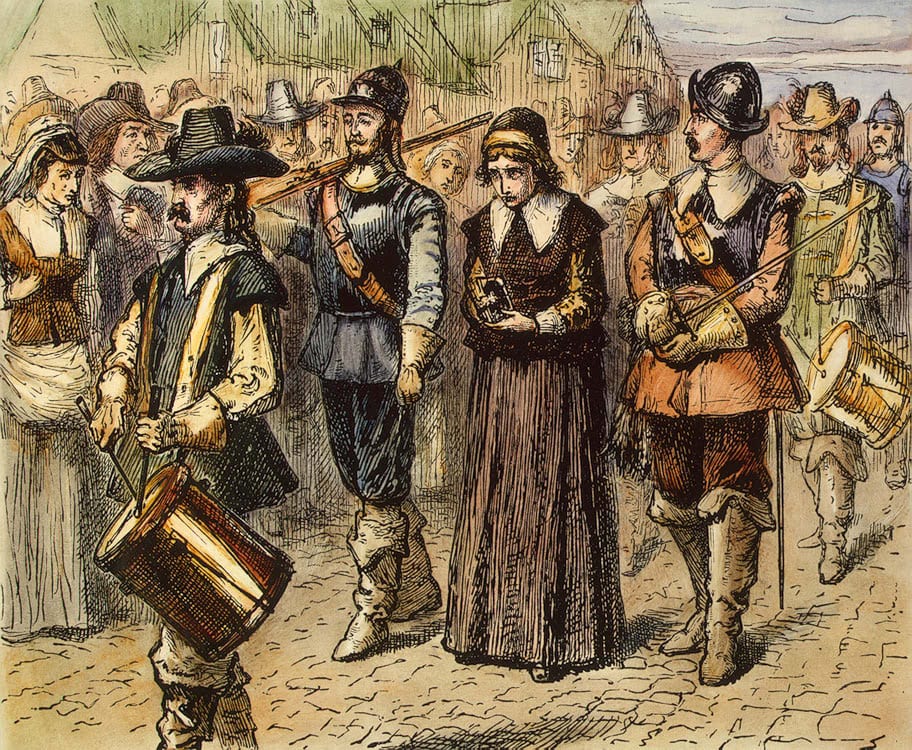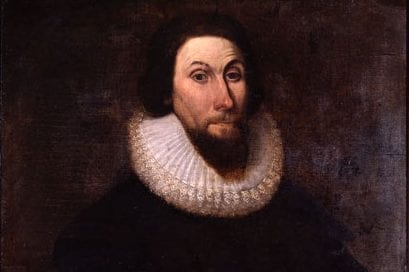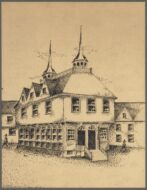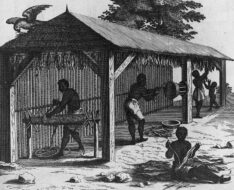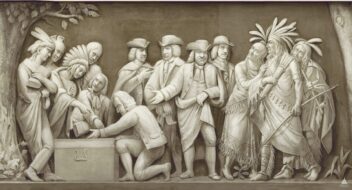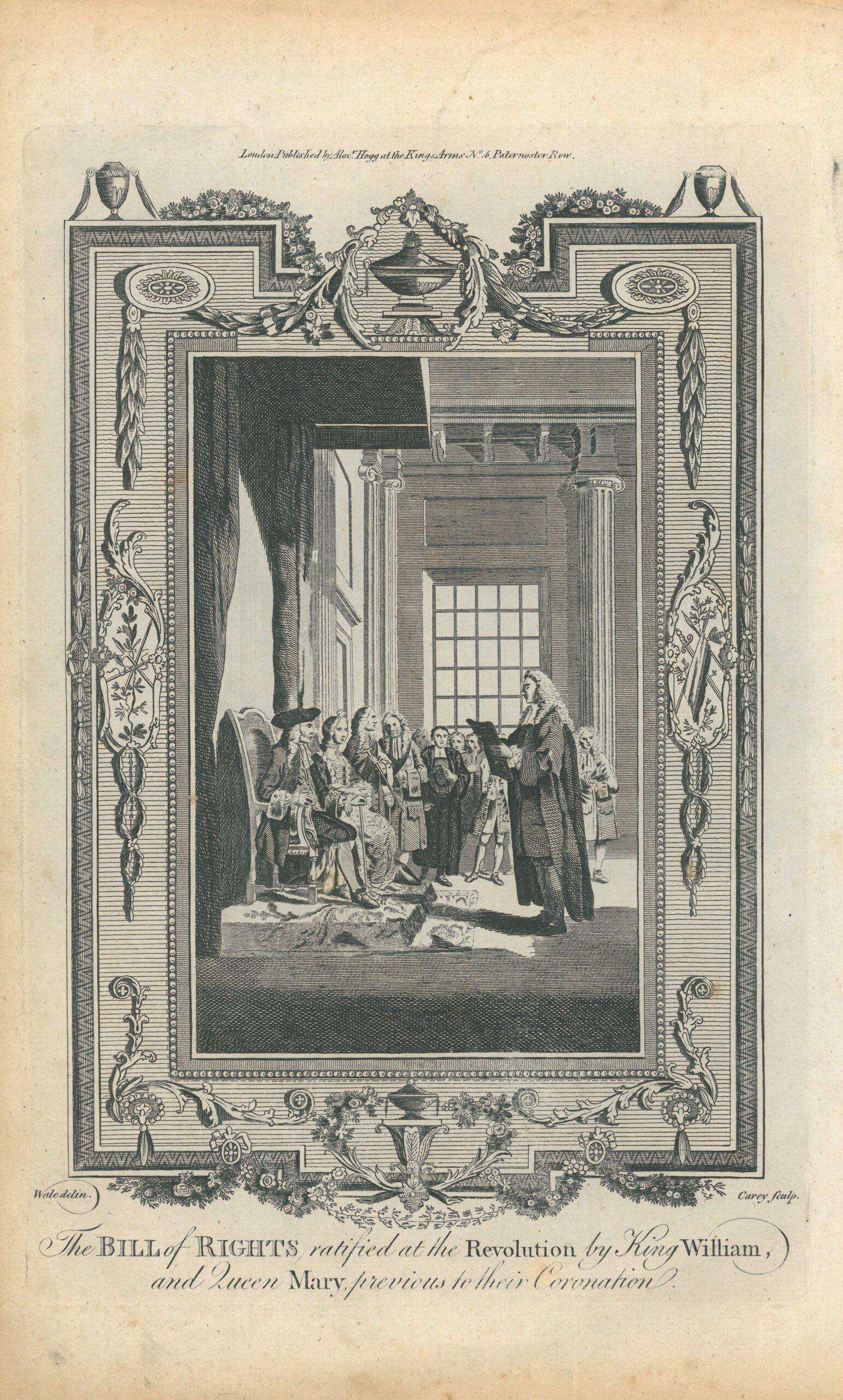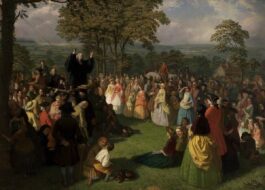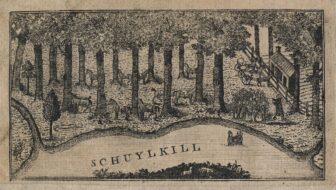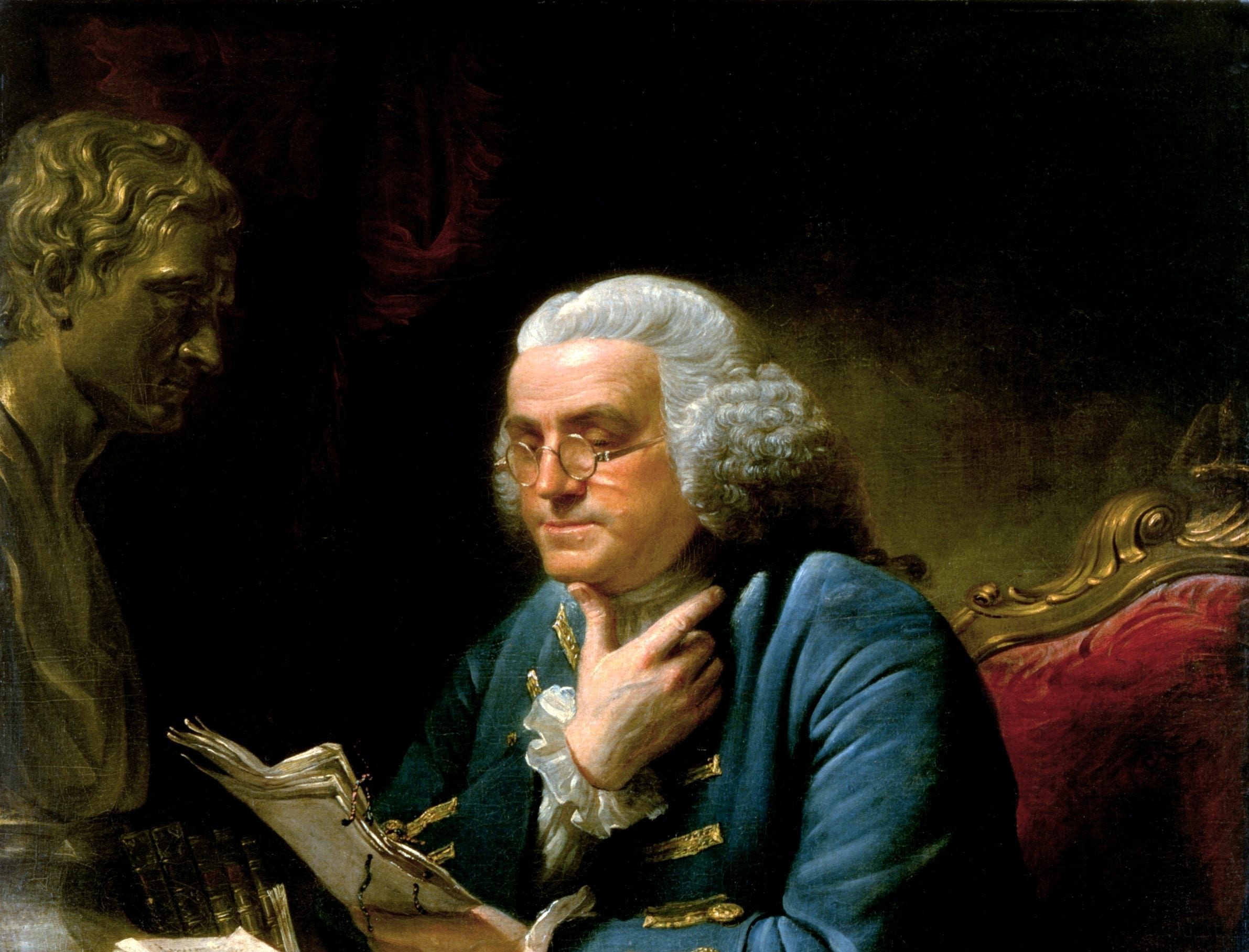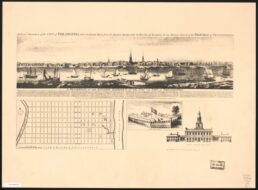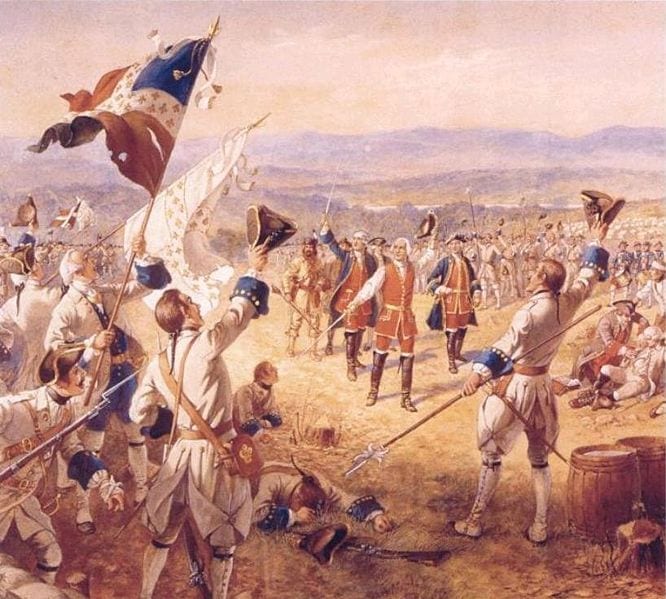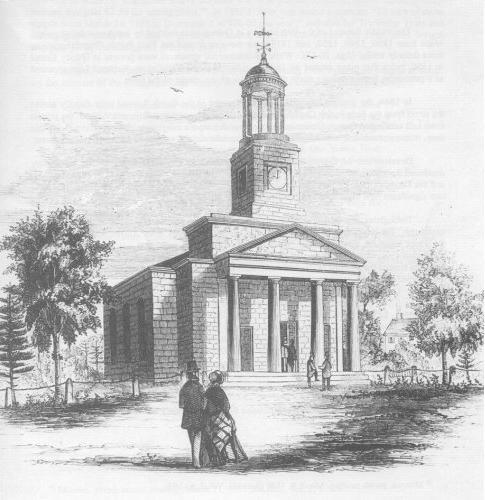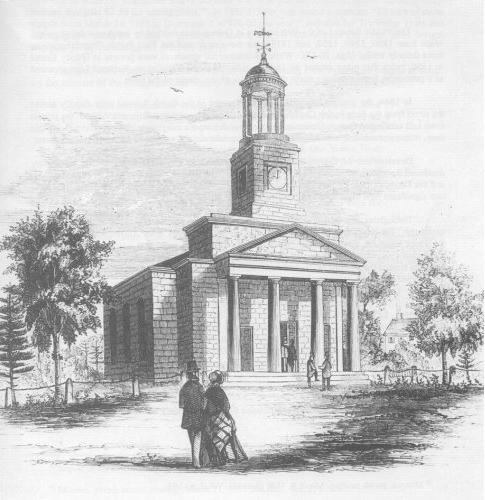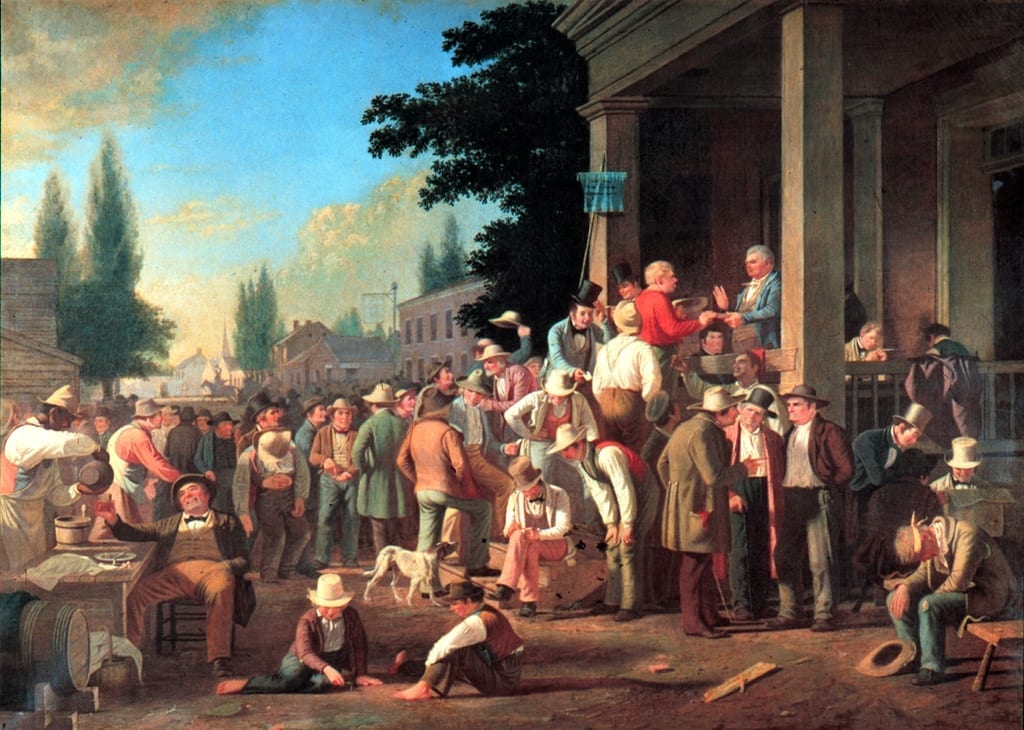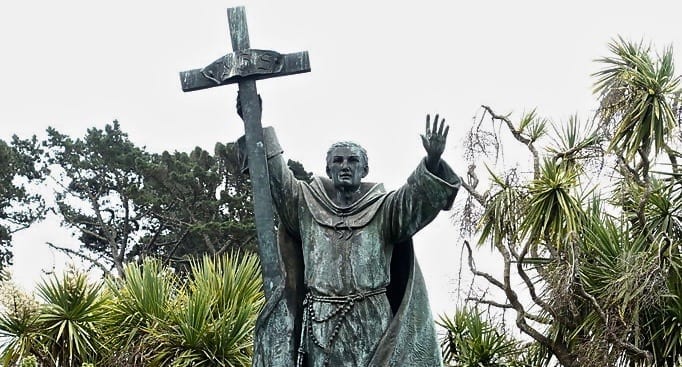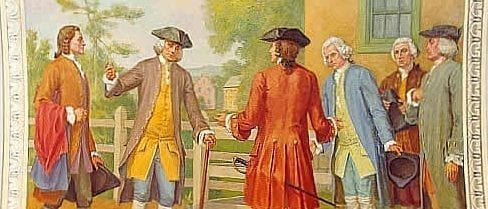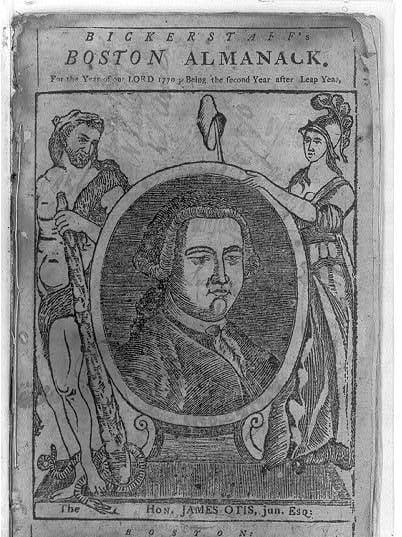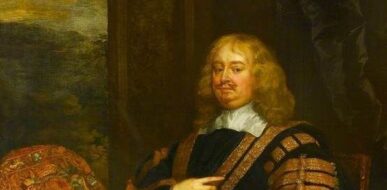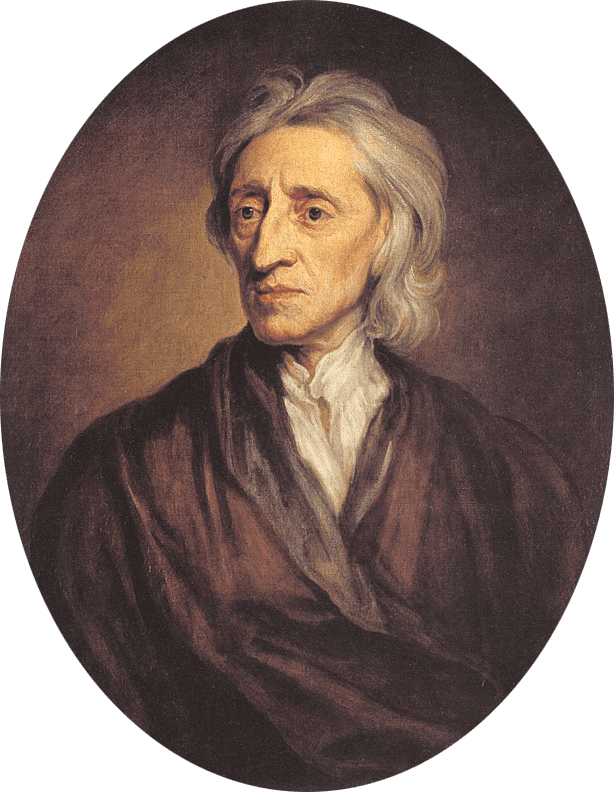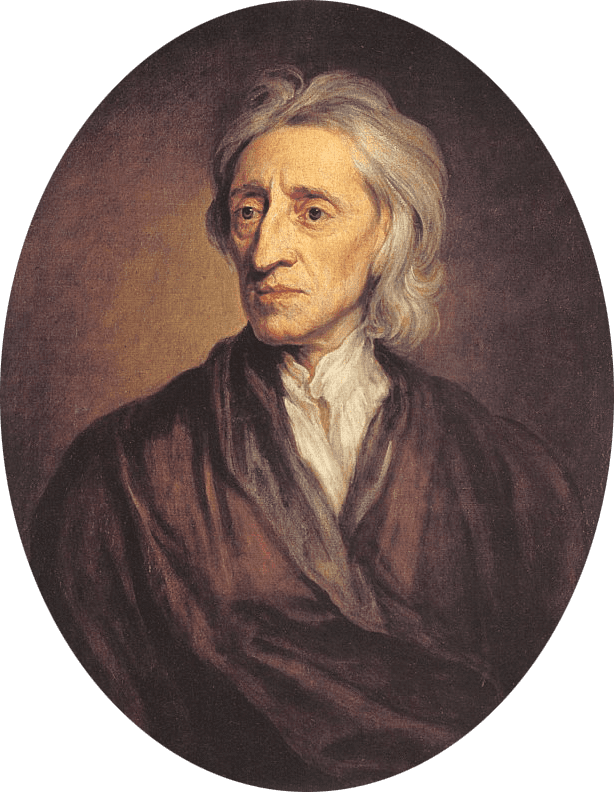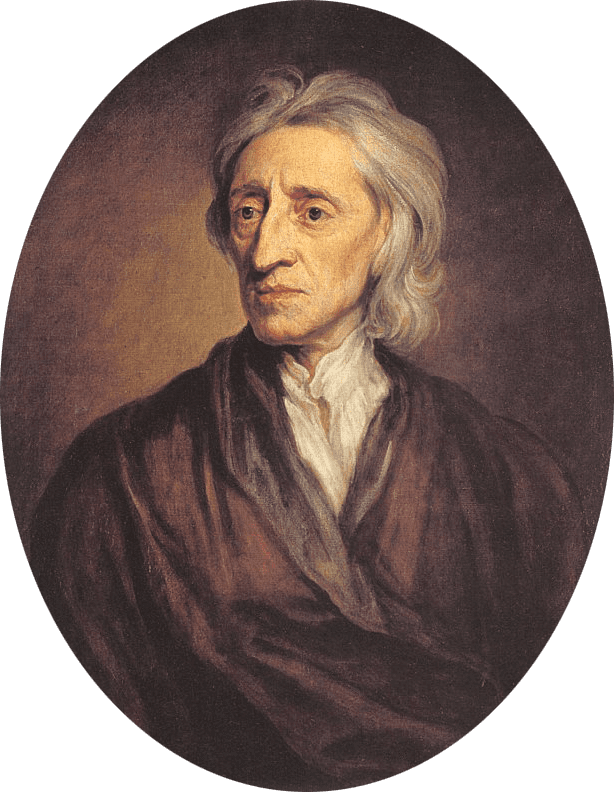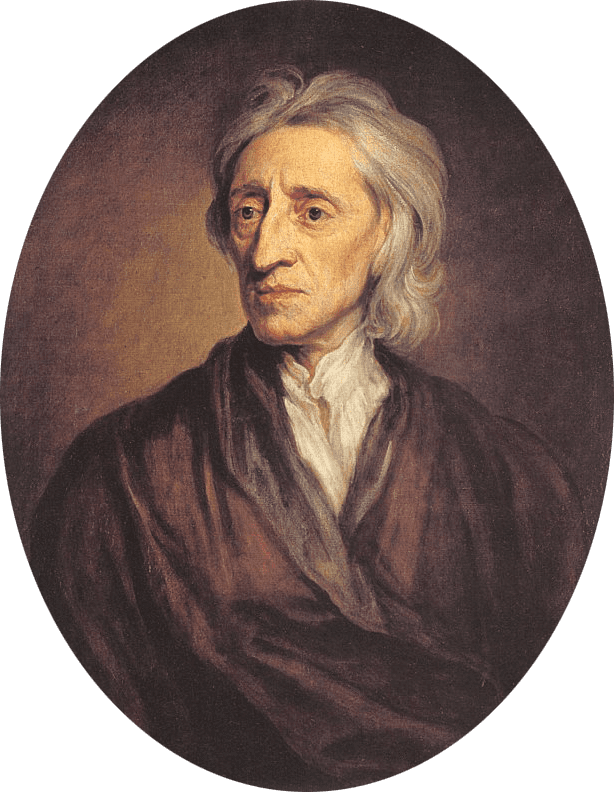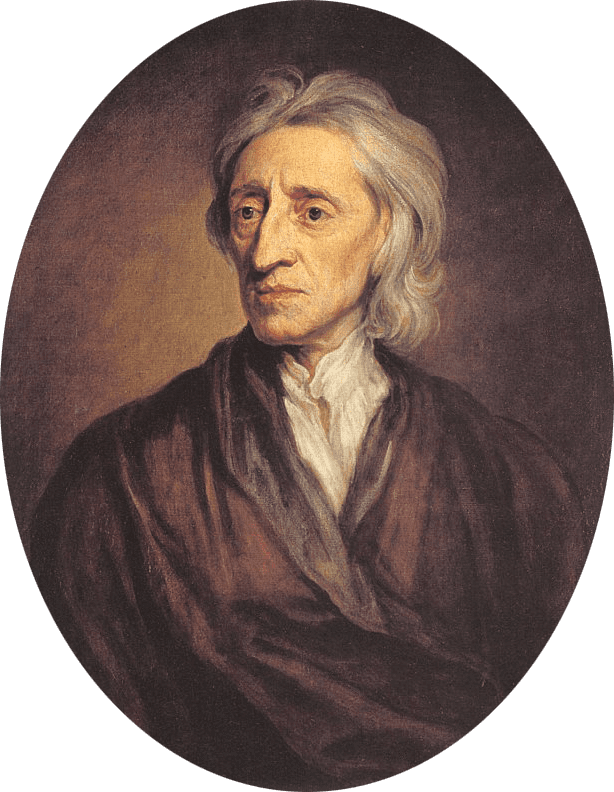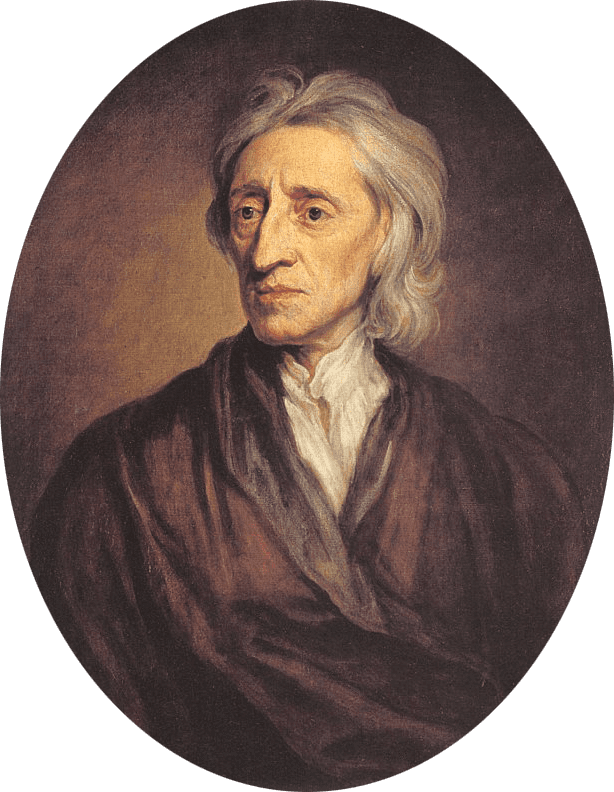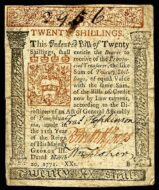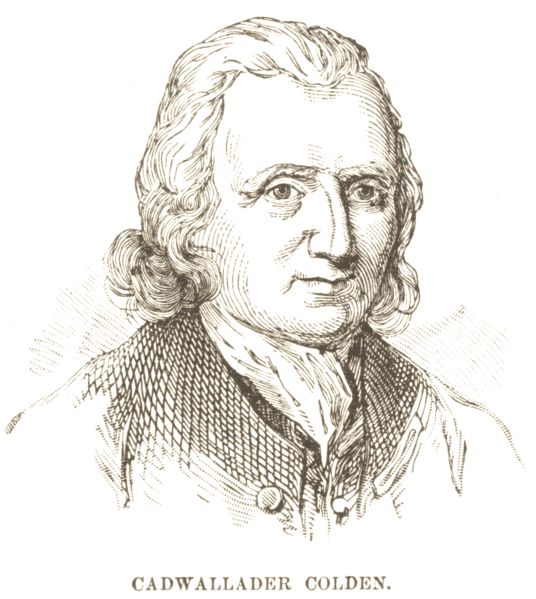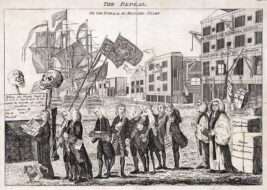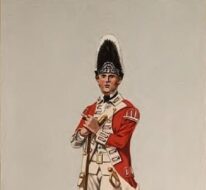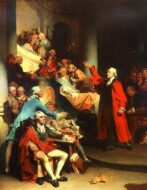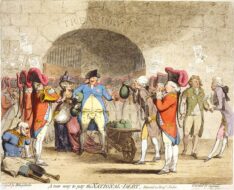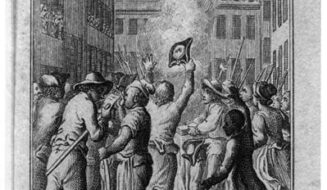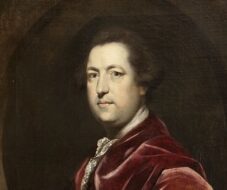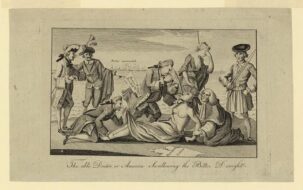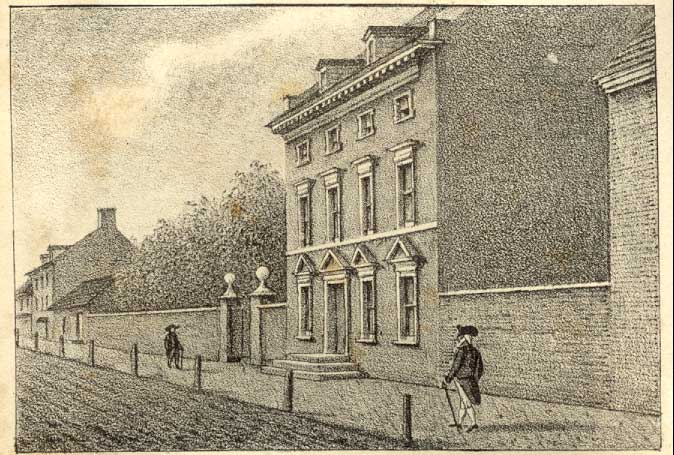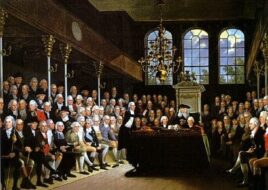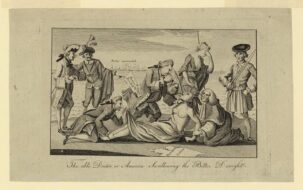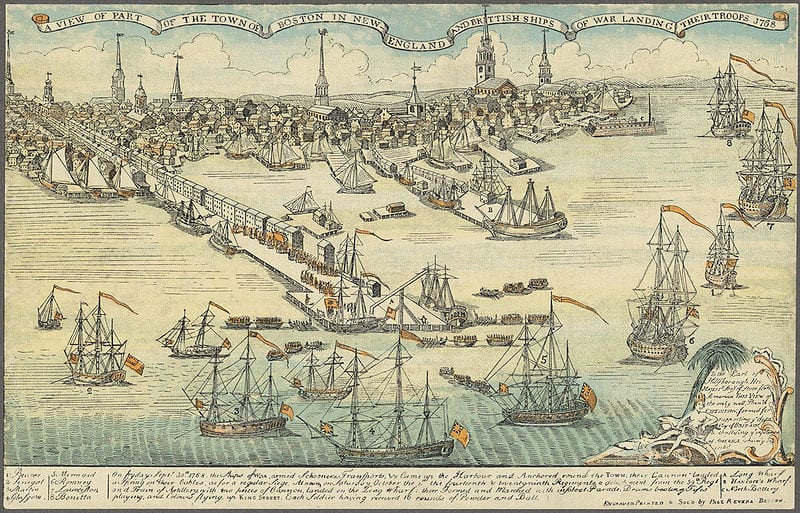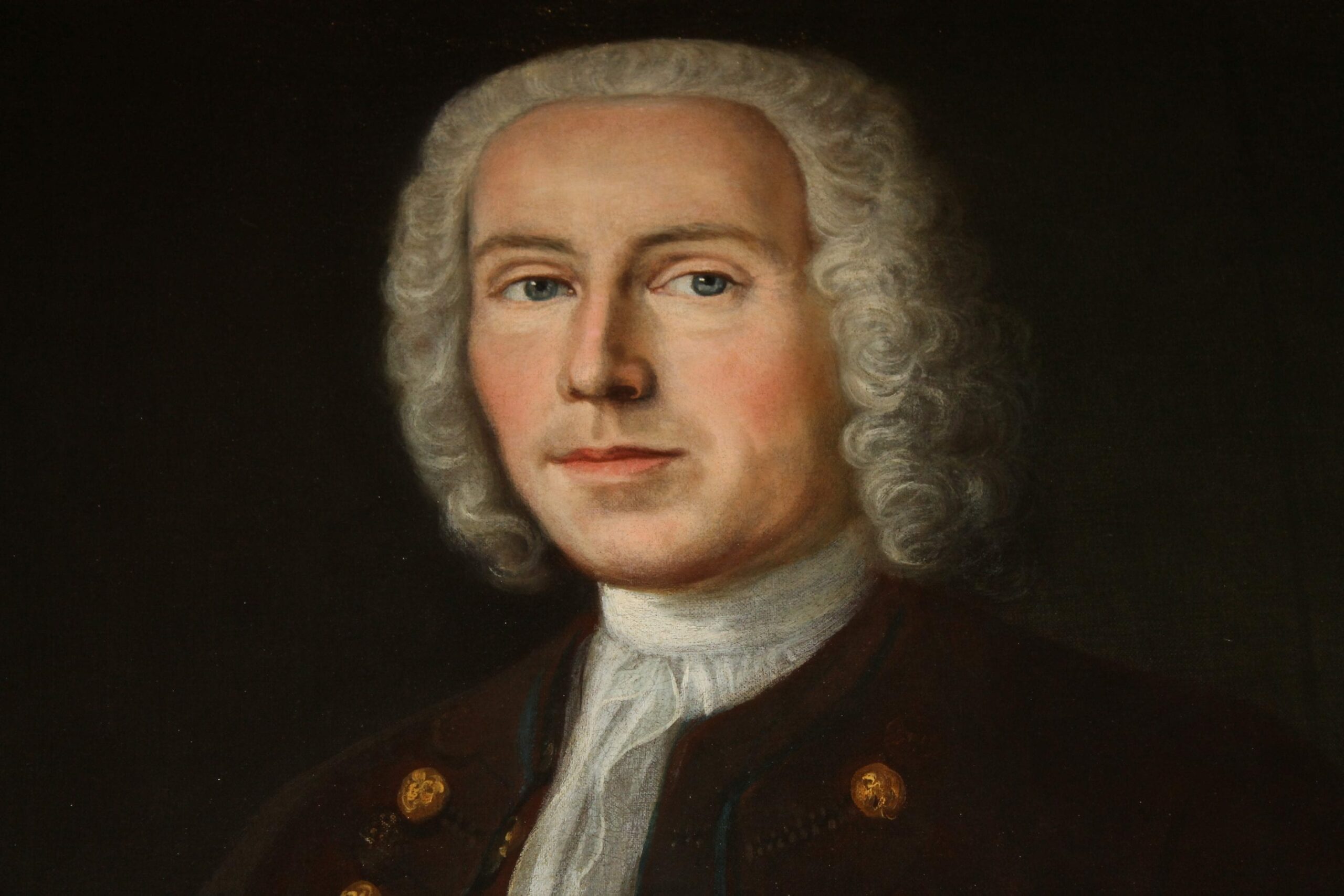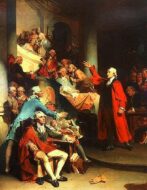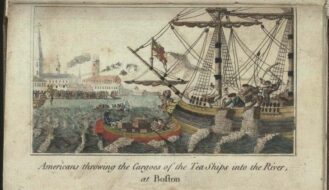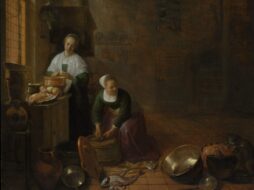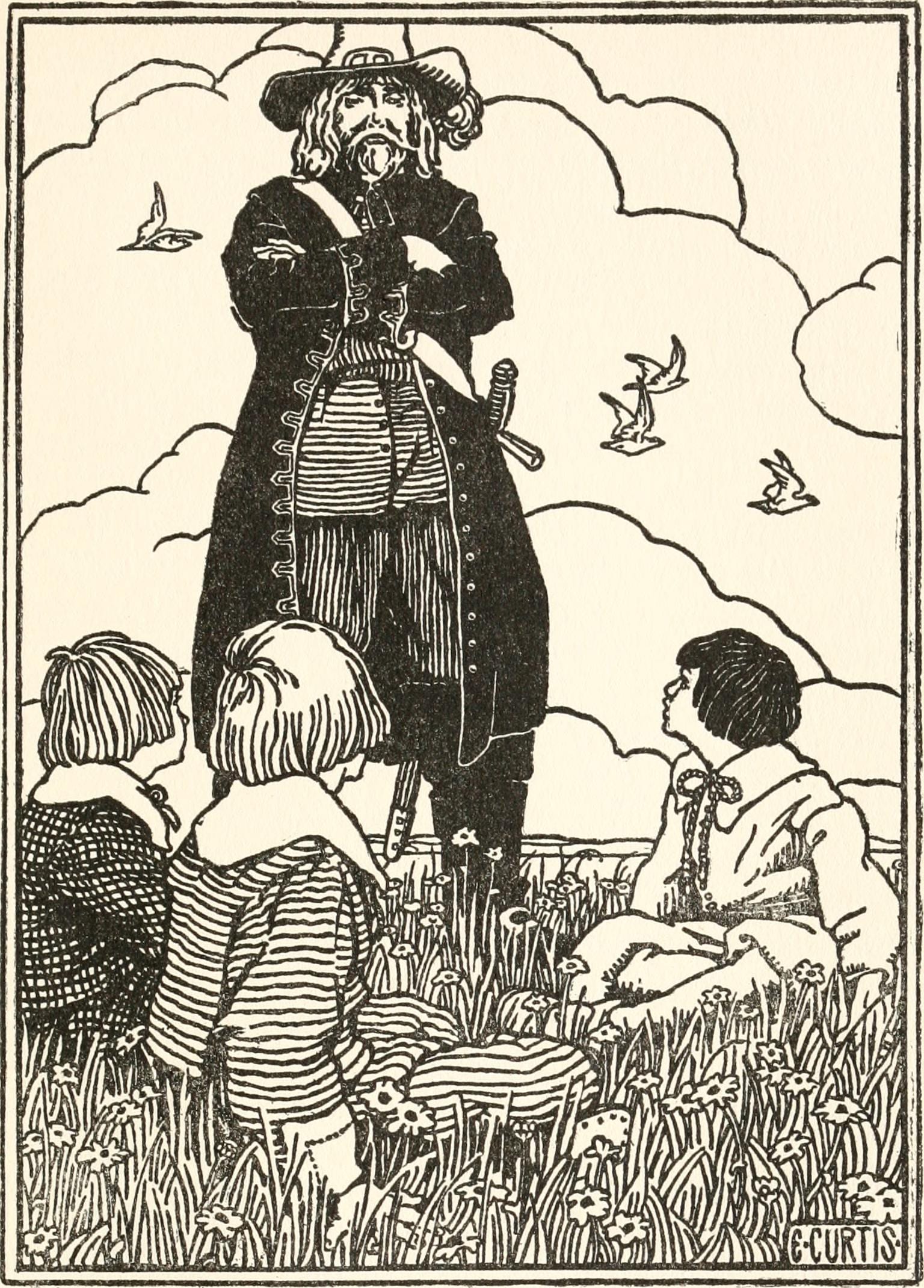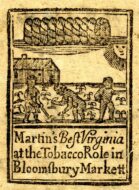Introduction
By 1680, there were Africans and their descendants in all of the British colonies in North America, a few free, most of them slaves. More Africans were in the southern than in the northern colonies, but the distribution was uneven. Africans and slaves were concentrated in the Chesapeake area, but as a percentage of population, South Carolina had the most Africans, followed by New York. Rhode Island had a higher percentage than North Carolina; Massachusetts, New Hampshire, Connecticut and Pennsylvania had the smallest percentages.
Francis Daniel Pastorius arrived in Pennsylvania in October 1683 among a group of about eighty German Protestants—Mennonites, Pietists, and Quakers—to settle 15,000 acres purchased from William Penn. Pastorius, a highly educated lawyer from the Duchy of Franconia, led the group. He had been raised in a prosperous Lutheran family but grew dissatisfied with the church’s cooperation in the oligarchic political arrangements in the German duchies. After joining a Pietist sect of Lutherans in Frankfort, he was recruited to lead the new Pennsylvania settlement. In 1688, Pastorius drafted a petition, signed by himself and three like-minded citizens of Germantown, urging the local Friends meeting to prohibit slave holding among members. Unable to resolve the question (about half of the Quakers owned slaves), the local group referred the petition to the Philadelphia Quarterly Meeting. There, the matter was referred to the Yearly Meeting in Burlington, NJ. No action was taken at any level.
Yet, an internal discussion of the morality of slavery had begun and would continue. In 1775, Pennsylvania Quakers founded The Society for Promoting the Abolition of Slavery and the Relief of Negroes Unlawfully Held in Bondage. In 1776, the Philadelphia Yearly Meeting banned the owning of slaves. In 1780, Pennsylvania passed a Gradual Abolition Act. In 1785, Benjamin Franklin became head of the Pennsylvania Abolition Society. Shortly before his death in 1790, Franklin authored the petition the group sent to the first Congress, asking it to abolish slavery and act to end the transatlantic slave trade. By then, according to the first census, there were more than 680,000 slaves in the United States, about a quarter of the white population.
We do not know what led Pastorius and his friends to protest the presence of slaves in Pennsylvania. Perhaps it was simply the stark contrast between the liberty they experienced through their faith and the bondage they saw Africans subjected to. In any event, their protest is today held to be the first made in North America against slavery. In its various arguments, it foreshadows the reasoning that would increasingly be turned against slavery in the decades leading to the Civil War.
—David Tucker
Source: The Pennsylvania German Society, Proceedings and Addresses, vol. IX, at Allentown, October 14, 1898, (Lancaster, PA: Published by the Society, 1899), 197–199, available at https://babel.hathitrust.org/cgi/pt?id=uc1.b3505700&view=1up&seq=11.
This is to the monthly meeting held at Richard Worrell’s:
These are the reasons why we are against the traffic of mens-body, as followeth: Is there any that would be done or handled at this manner? viz., to be sold or made a slave for all the time of his life? How fearful and faint-hearted are many at sea, when they see a strange vessel, being afraid it should be a Turk, and they should be taken, and sold for slaves into Turkey. Now, what is this better done, than Turks do? Yea, rather it is worse for them, which say they are Christians; for we hear that the most part of such negroes are brought hither against their will and consent, and that many of them are stolen. Now, though they are black, we cannot conceive there is more liberty to have them slaves, as it is to have other white ones. There is a saying, that we should do to all men like as we will be done ourselves; making no difference of what generation, descent, or color they are. And those who steal or rob men, and those who buy or purchase them, are they not all alike? Here is liberty of conscience, which is right and reasonable; here ought to be likewise liberty of the body, except of evil-doers, which is another case. But to bring men hither, or to rob and sell them against their will, we stand against. In Europe there are many oppressed for conscience sake; and here there are those oppressed which are of a black color. And we, who know that men must not commit adultery, some do commit adultery in others, separating wives from their husbands, and giving them to others: and some sell the children of these poor creatures to other men. Ah! do consider well this thing, you who do it, if you would be done at this manner and if it is done according to Christianity! You surpass Holland and Germany in this thing. This makes an ill report in all those countries of Europe, where they hear of [it], that the Quakers do here handle men as they handle there the cattle. And for that reason some have no mind or inclination to come hither. And who shall maintain this your cause, or plead for it? Truly, we cannot do so, except you shall inform us better hereof, viz.: that Christians have liberty to practice these things. Pray, what thing in the world can be done worse towards us, than if men should rob or steal us away, and sell us for slaves to strange countries; separating husbands from their wives and children. Being now this is not done in the manner we would be done at; therefore, we contradict, and are against this traffic of men-body. And we who profess that it is not lawful to steal, must, likewise, avoid to purchase such things as are stolen, but rather help to stop this robbing and stealing, if possible. And such men ought to be delivered out of the hands of the robbers, and set free as in Europe. Then is Pennsylvania to have a good report, instead, it hath now a bad one, for this sake, in other countries; Especially whereas the Europeans are desirous to know in what manner the Quakers do rule in their province; and most of them do look upon us with an envious eye. But if this is done well, what shall we say is done evil?
If once these slaves (which they say are so wicked and stubborn men,) should join themselves, fight for their freedom, and handle their masters and mistresses, as they did handle them before; will these masters and mistresses take the sword at hand and war against these poor slaves, like, as we are able to believe, some will not refuse to do? Or, have these poor negroes not as much right to fight for their freedom, as you have to keep them slaves?
Now consider well this thing, if it is good or bad. And in case you find it to be good to handle these blacks in that manner, we desire and require you hereby lovingly, that you may inform us herein, which at this time never was done, viz., that Christians have such a liberty to do so. To the end we shall be satisfied on this point, and satisfy likewise our good friends and acquaintances in our native country, to whom it is a terror, or fearful thing, that men should be handled so in Pennsylvania.
This is from our meeting at Germantown, held the 18th of the 2d month, 1688, to be delivered to the monthly meeting at Richard Worrell’s.
Garret Henderich,
Derick op de Graeff,
Francis Daniel Pastorius,
Abram op de Graeff.


